Religion
About this Collection
Liberty is an idea and an idealized state of being that can be traced through many of the religious traditions of the world. Across time periods, theological differences, and cultural contexts, many different religious thinkers have arrived at an understanding of the importance of liberty–coupled with some form of moral responsibility–in the organization and conduct of human affairs. We encourage you to explore the quotations in this collection to discover more about the connection between liberty and religion.
Key People
Titles & Essays
Quotes
Philosophy
Adam Smith on Religion and the Rules of Morality
Religion & Toleration
Buddha and his “Ten Commandments”
Religion & Toleration
Buddha on Wandering Rightly in the World
Parties & Elections
Captain John Clarke asserts the right of all men to vote in the formation of a new constitution by right of the property they have in themselves (1647)
Religion & Toleration
David Hume argues that “love of liberty” in some individuals often attracts the religious inquisitor to persecute them and thereby drive society into a state of “ignorance, corruption, and bondage” (1757)
Presidents, Kings, Tyrants, & Despots
Edward Bellarmine grapples with the problem of a subject’s obedience to kings or popes (1610)
Freedom of Speech
Elisha Williams on the unalienable right every person has to think and judge for themselves (1744)
Quote
Frederick Douglass on Religion and Slavery
Religion & Toleration
In Ecclesiastes, there is the call to plant, to love, to live, and to work and then to enjoy the fruits of all one’s labors (3rd Century BC)
Religion & Toleration
Job rightly wants to know why he, “the just upright man is laughed to scorn” while robbers prosper (6thC BC)
Literature & Music
John Milton on Satan’s Reign in Hell
Economics
Lao Tzu and the Tao of laissez-faire (6thC BC)
Presidents, Kings, Tyrants, & Despots
Lao Tzu discusses how “the great sages” (or wise advisors) protect the interests of the prince and thus “prove to be but guardians in the interest of the great thieves” (600 BC)
Taxation
Luke, Taxes, and the Birth of Jesus (85)
Literature & Music
Milton on Eve’s discovery of the benefits of the division of labor in the Garden of Eden (1667)
Religion & Toleration
Noah Webster on the resilience of common religious practices in the face of attempts by the state to radically change them (1794)
Religion & Toleration
Pierre Bayle begins his defence of religious toleration with this appeal that the light of nature, or Reason, should be used to settle religious differences and not coercion (1708)
Justice
St. Augustine states that kingdoms without justice are mere robberies, and robberies are like small kingdoms; but large Empires are piracy writ large (5th C)
Religion & Toleration
St. John, private property, and the Parable of the Wolf and the Good Shepherd (2ndC AD)
War & Peace
St. Thomas Aquinas discusses the three conditions for a just war (1265-74)
War & Peace
The 1st Day of Christmas: Jan Huss' Christmas letters and his call for peace on earth (1412)
War & Peace
The 3rd Day of Christmas: Erasmus stands against war and for peace on earth (16th century)
Religion & Toleration
The 6th Day of Christmas: Vicesimus Knox on the Christian religion and peace on earth (1793)
War & Peace
The evangelist Luke “on earth peace, good will toward men” (1st century)
Religion & Toleration
The Psalmist laments that he lives in a Society which “hateth peace” and cries out “I am for peace: but when I speak they are for war” (1000 BC)
Law
Thomas Aquinas on why the law should not punish imperfect men for practising vices which do not harm others (1274)
Politics & Liberty
William Emerson, in his oration to commemorate the Declaration of Independence, reminded his listeners of the “unconquerable sense of liberty” which Americans had (1802)
Property Rights
William Penn on property as one of the three fundamental rights all men have (1679)
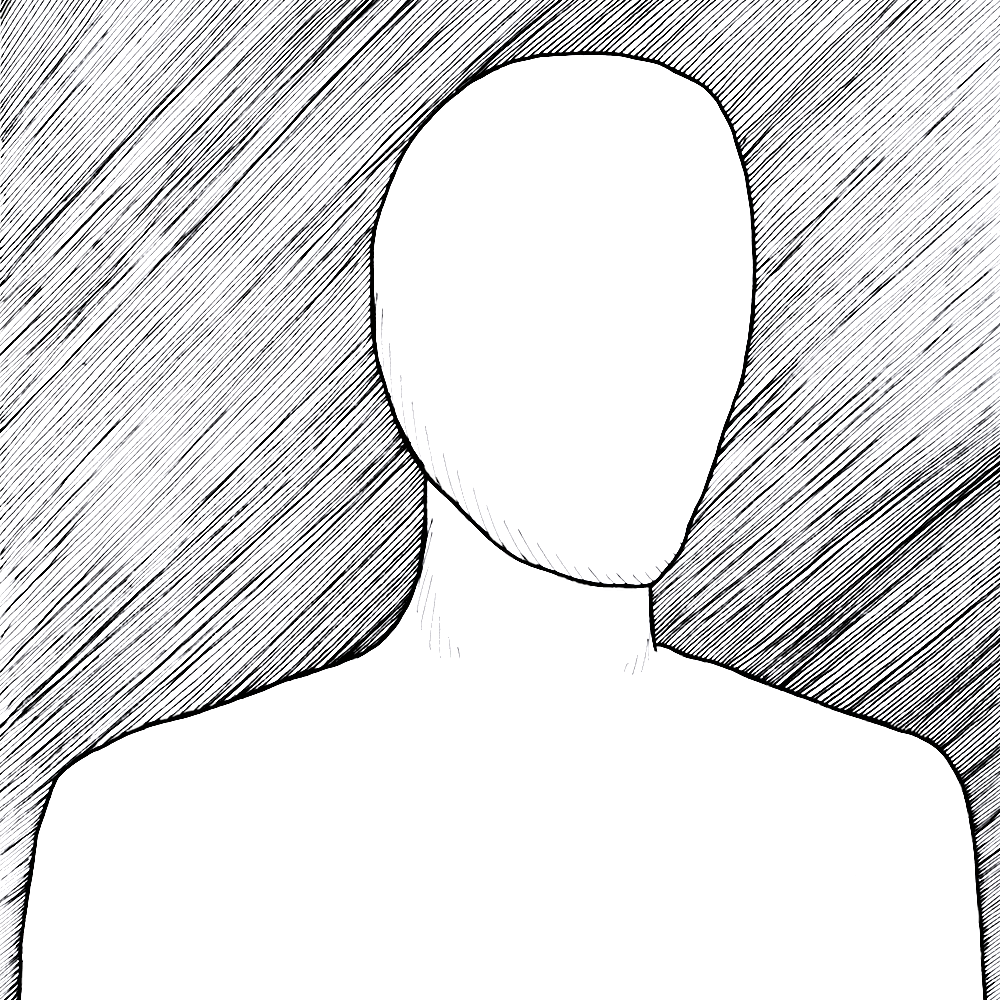

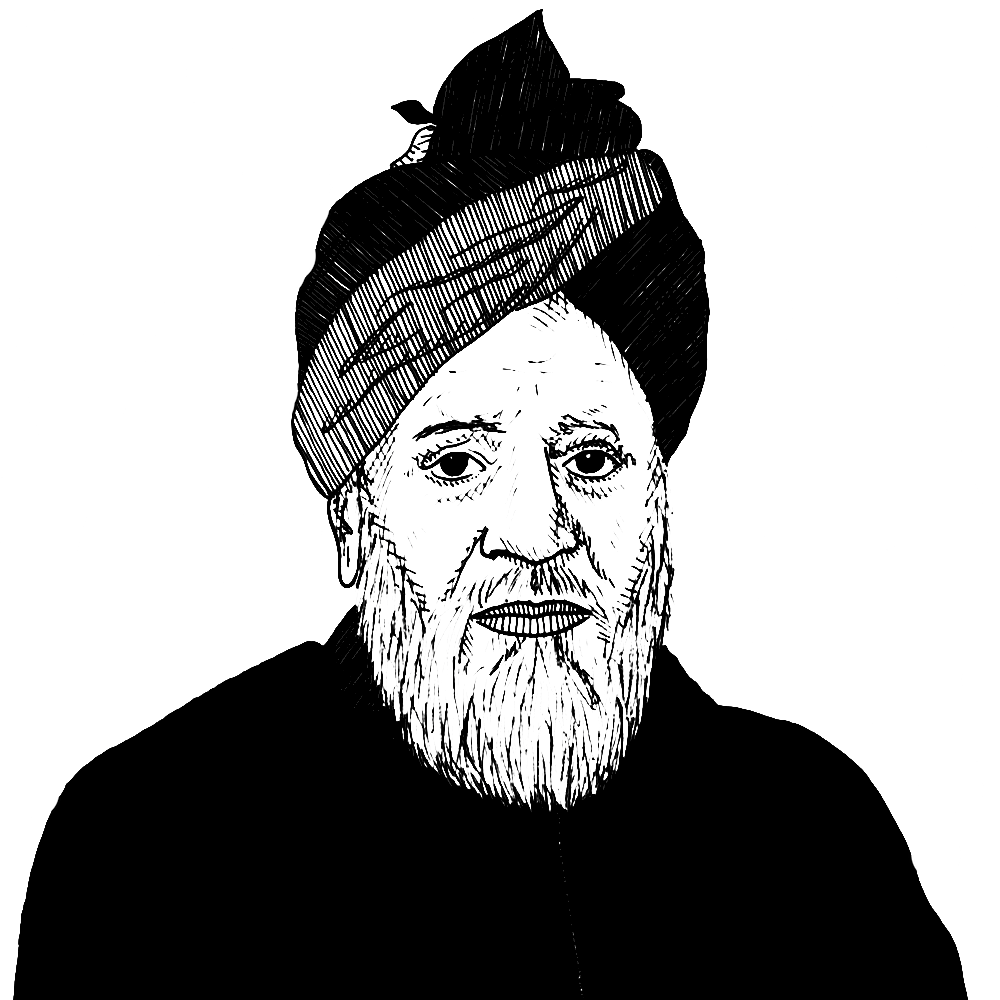

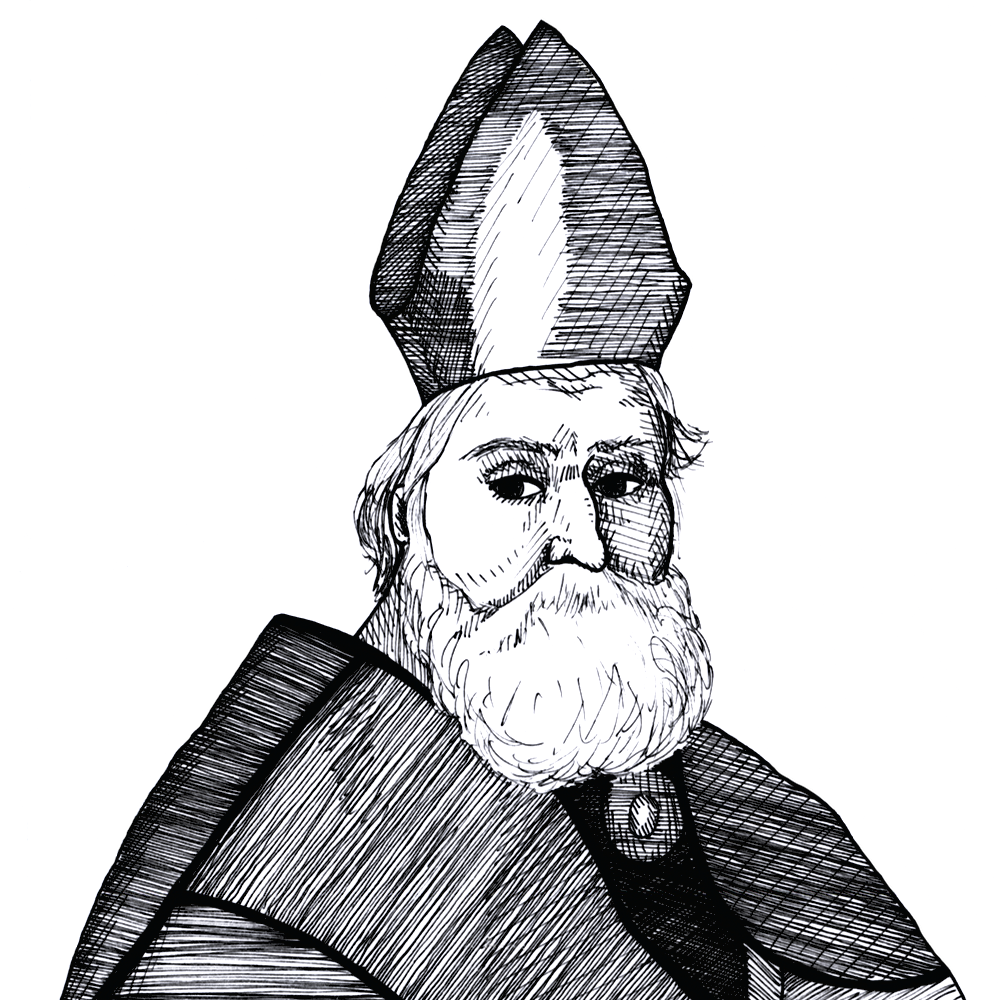
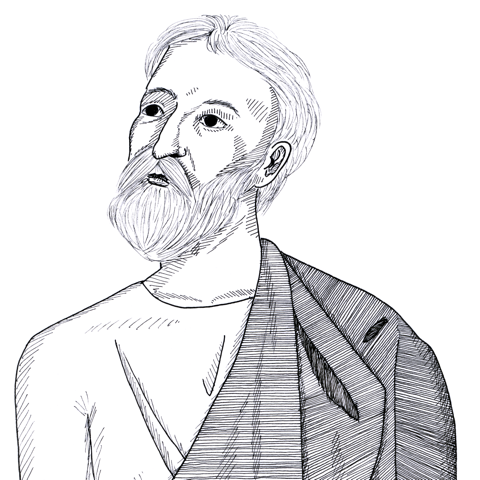
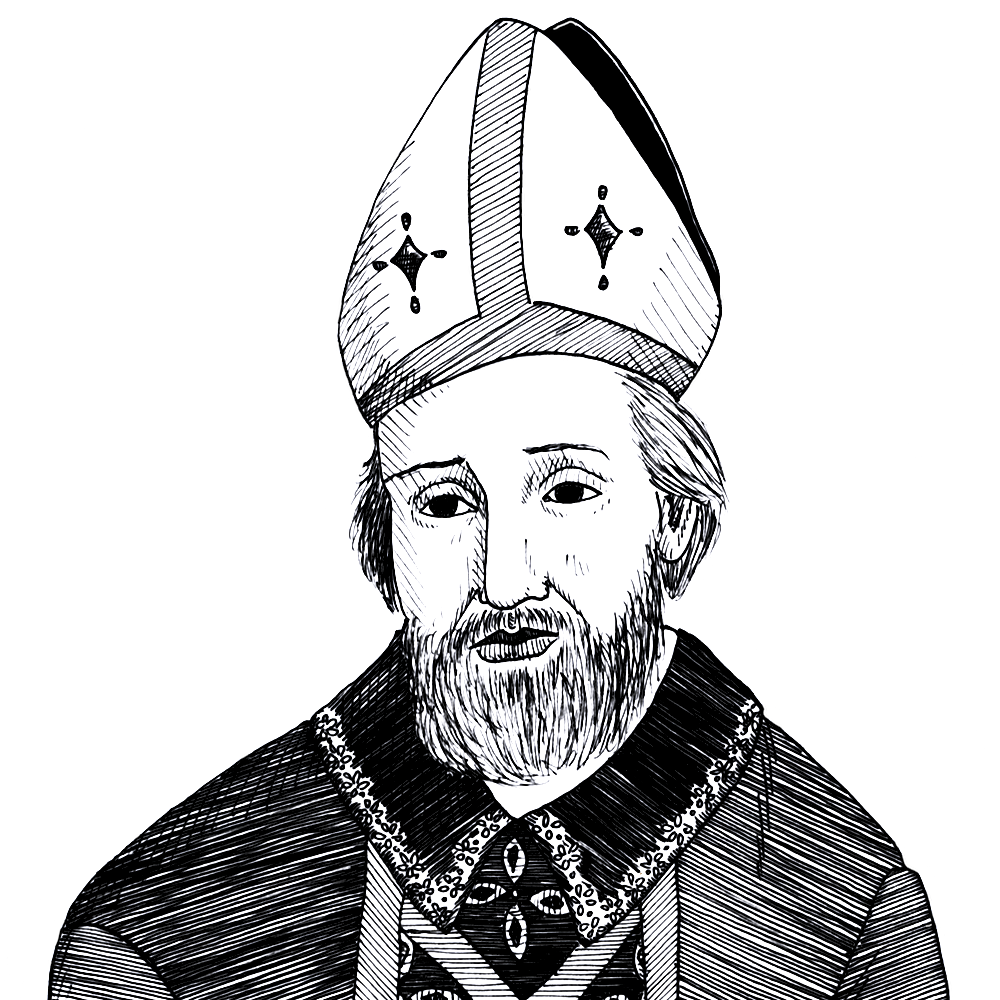
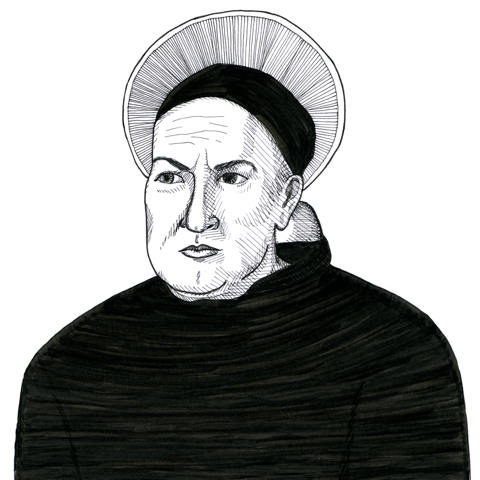
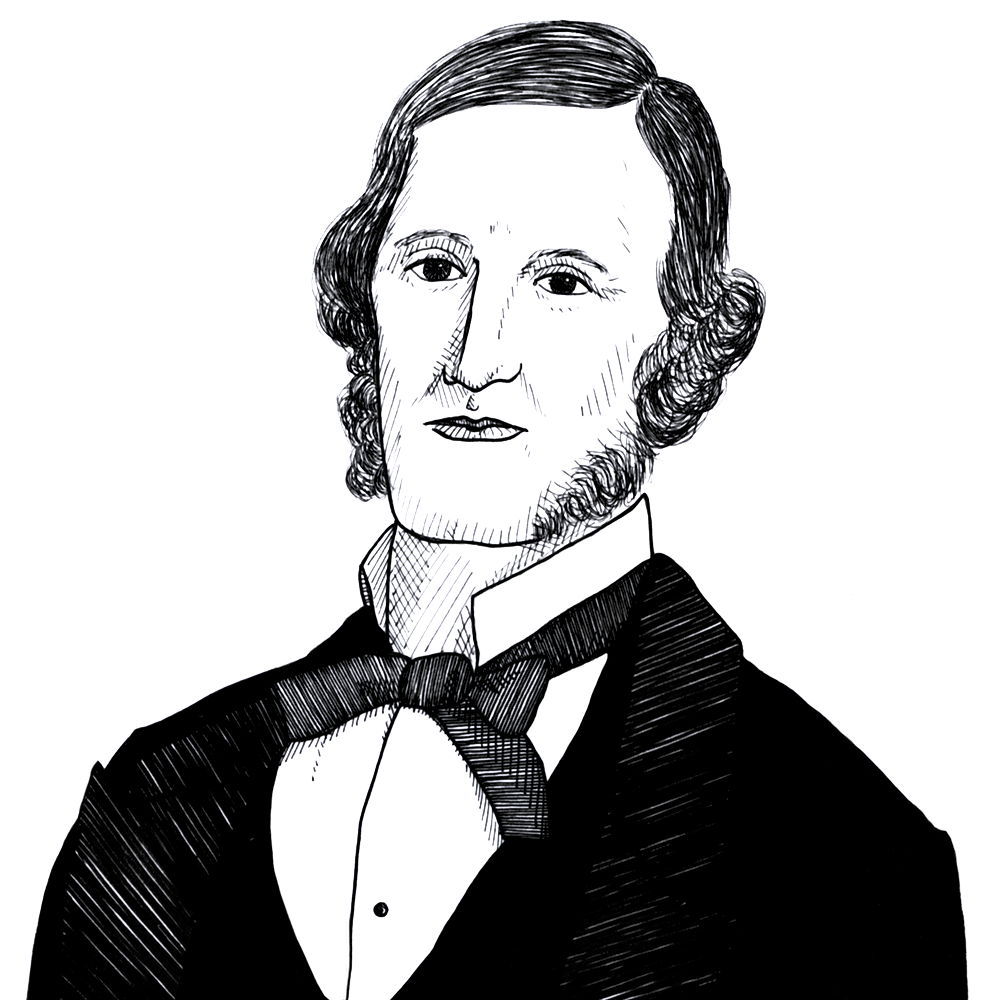
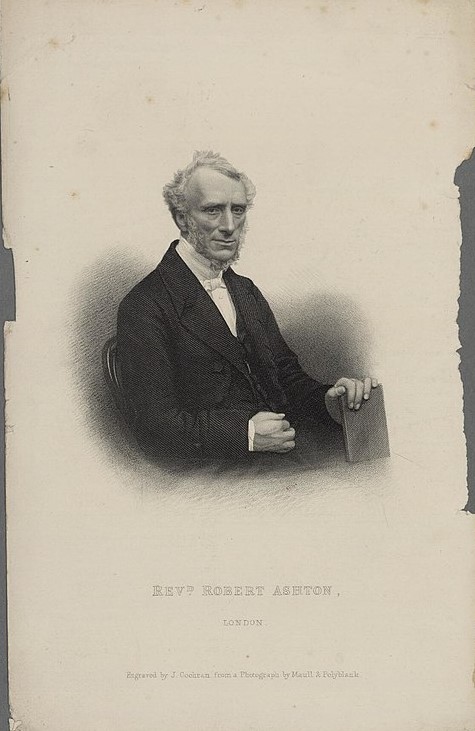
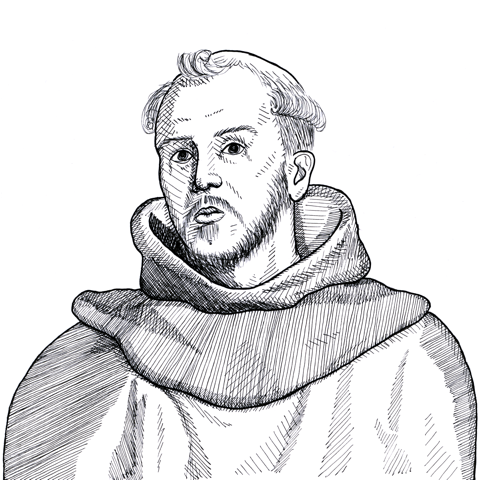
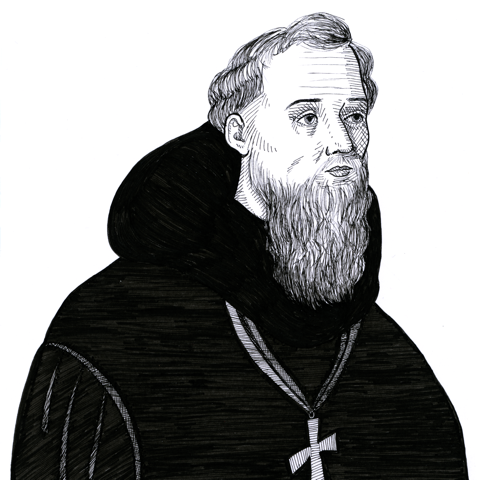
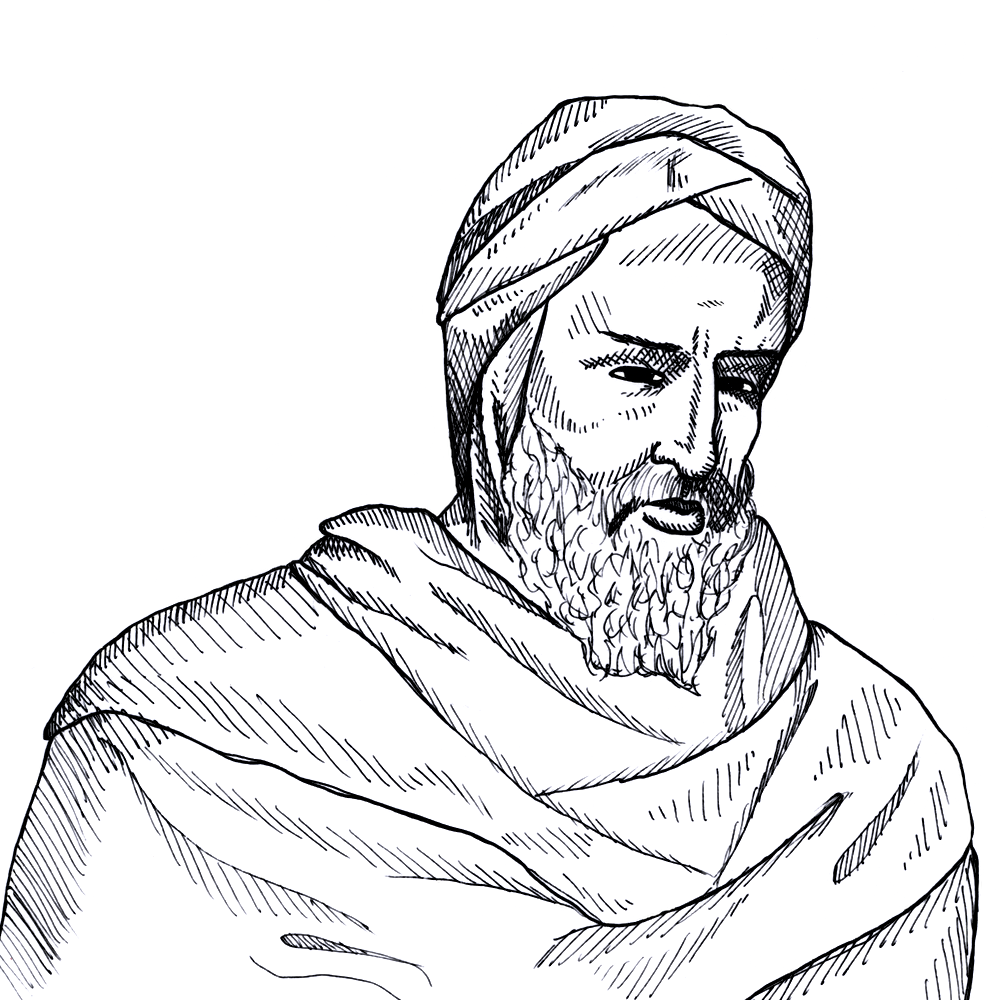
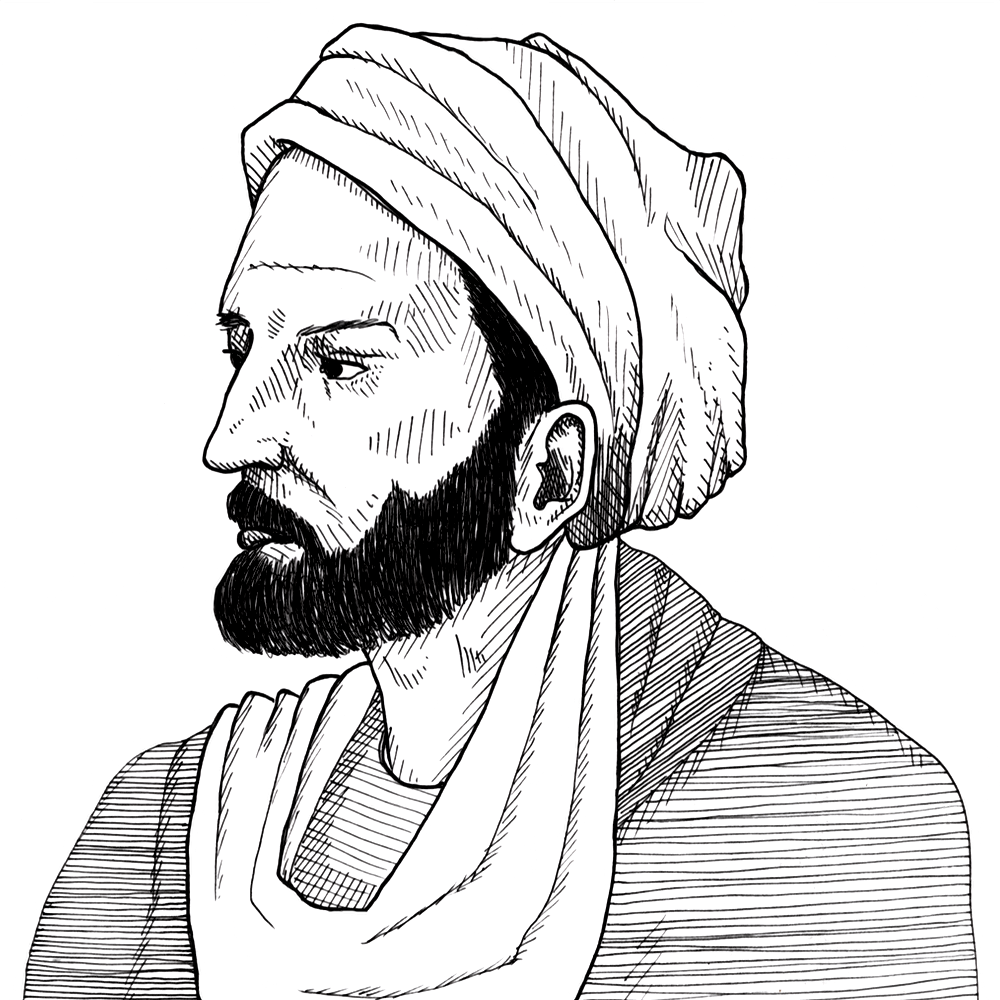
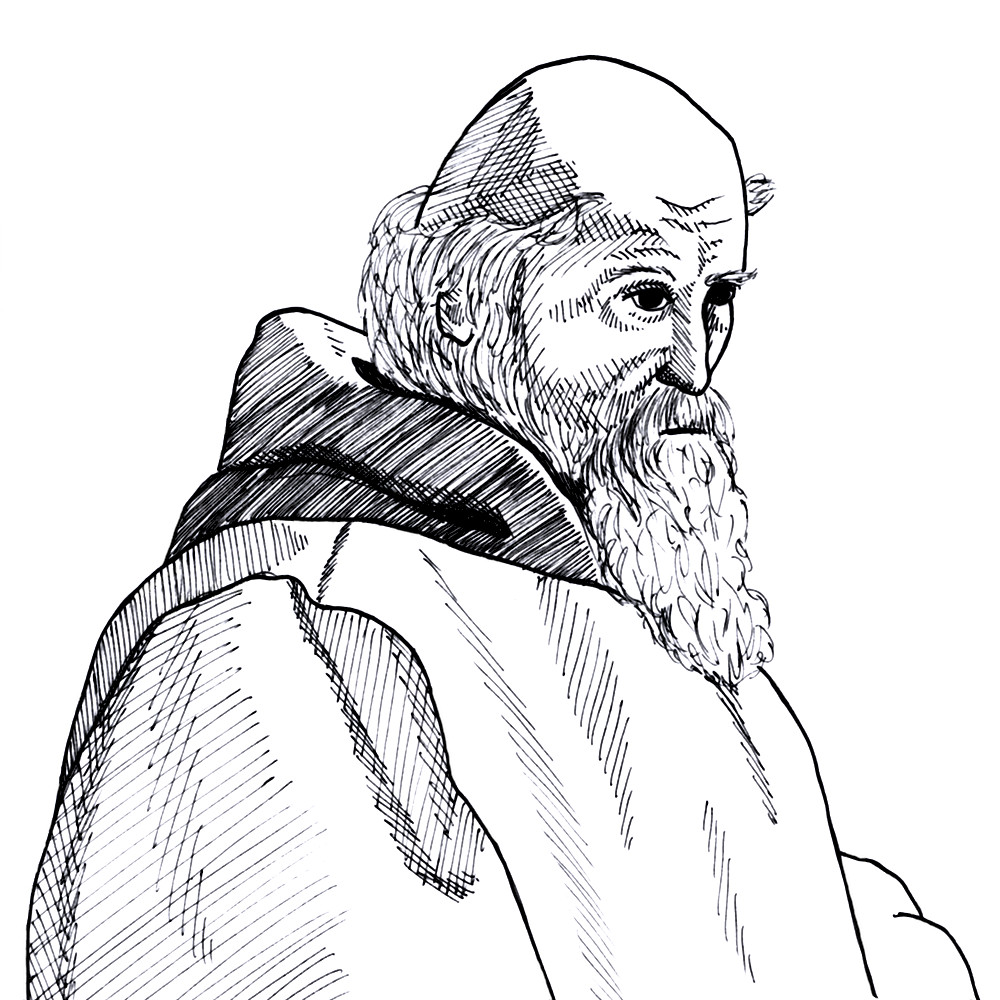
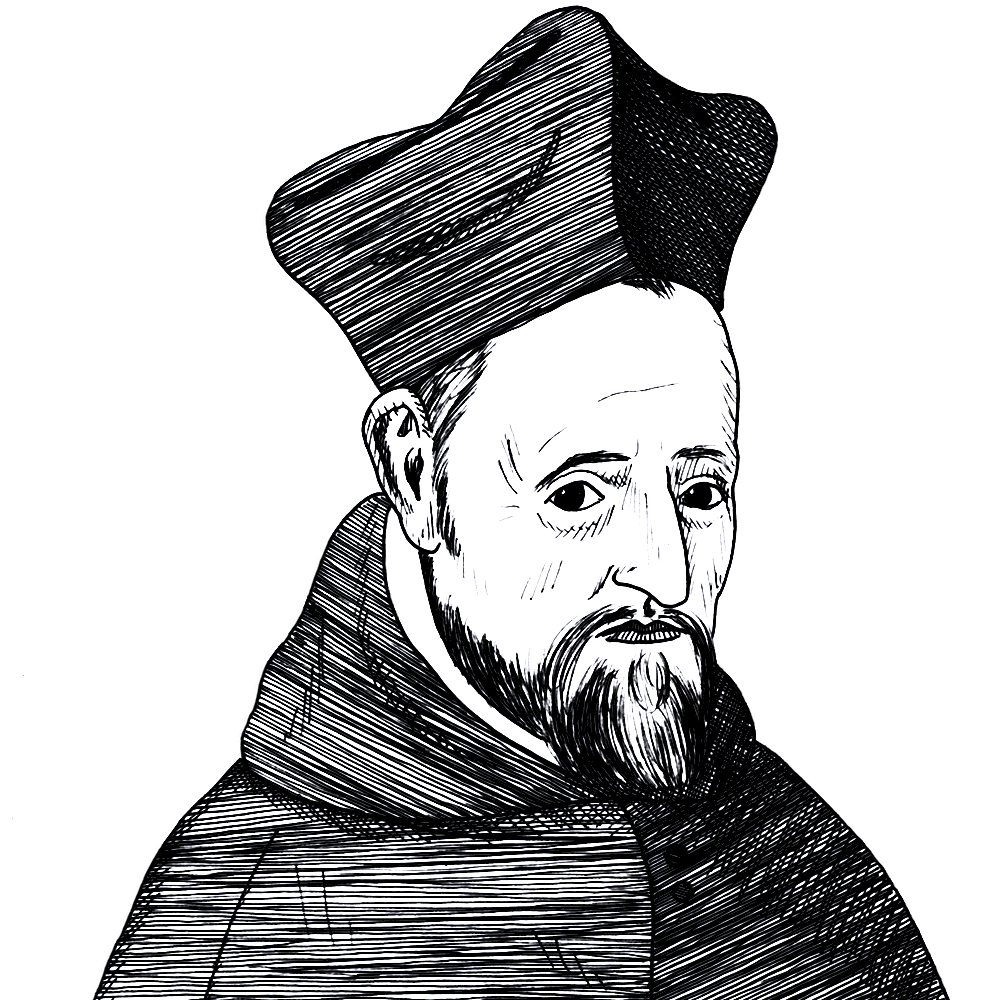
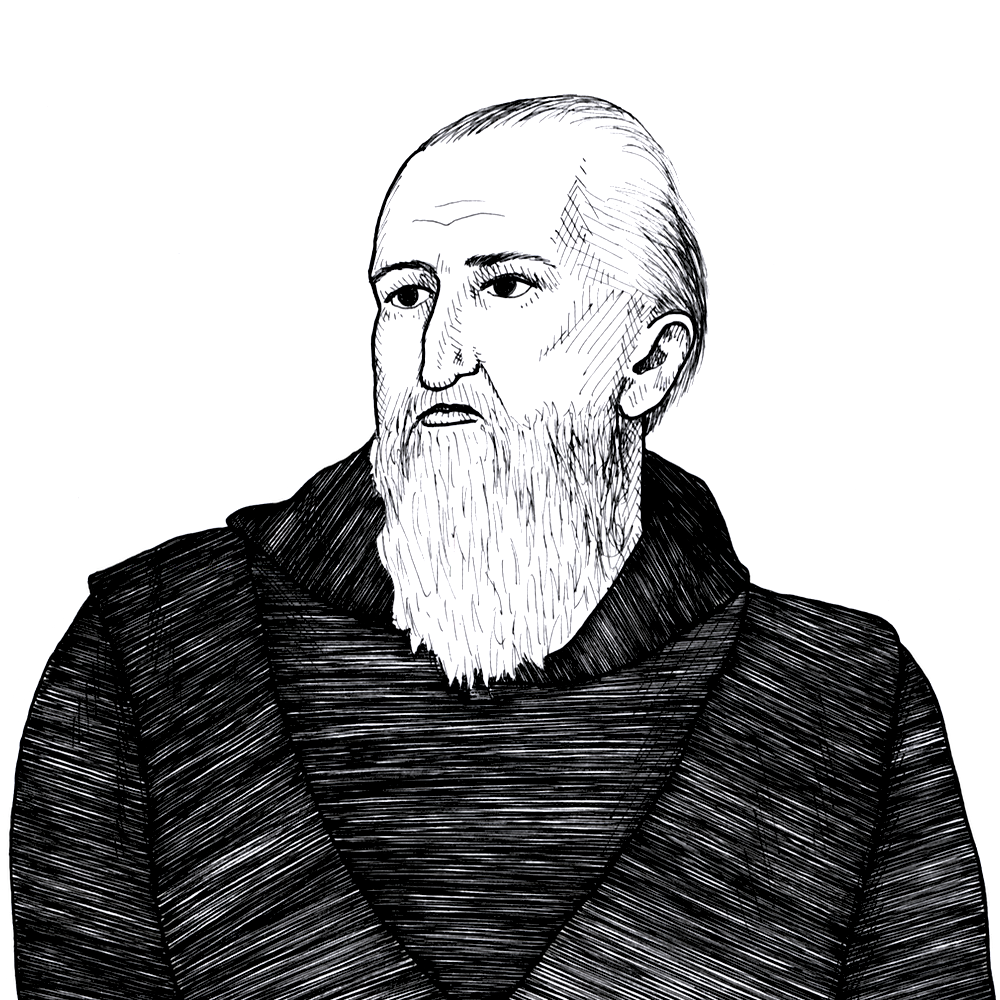
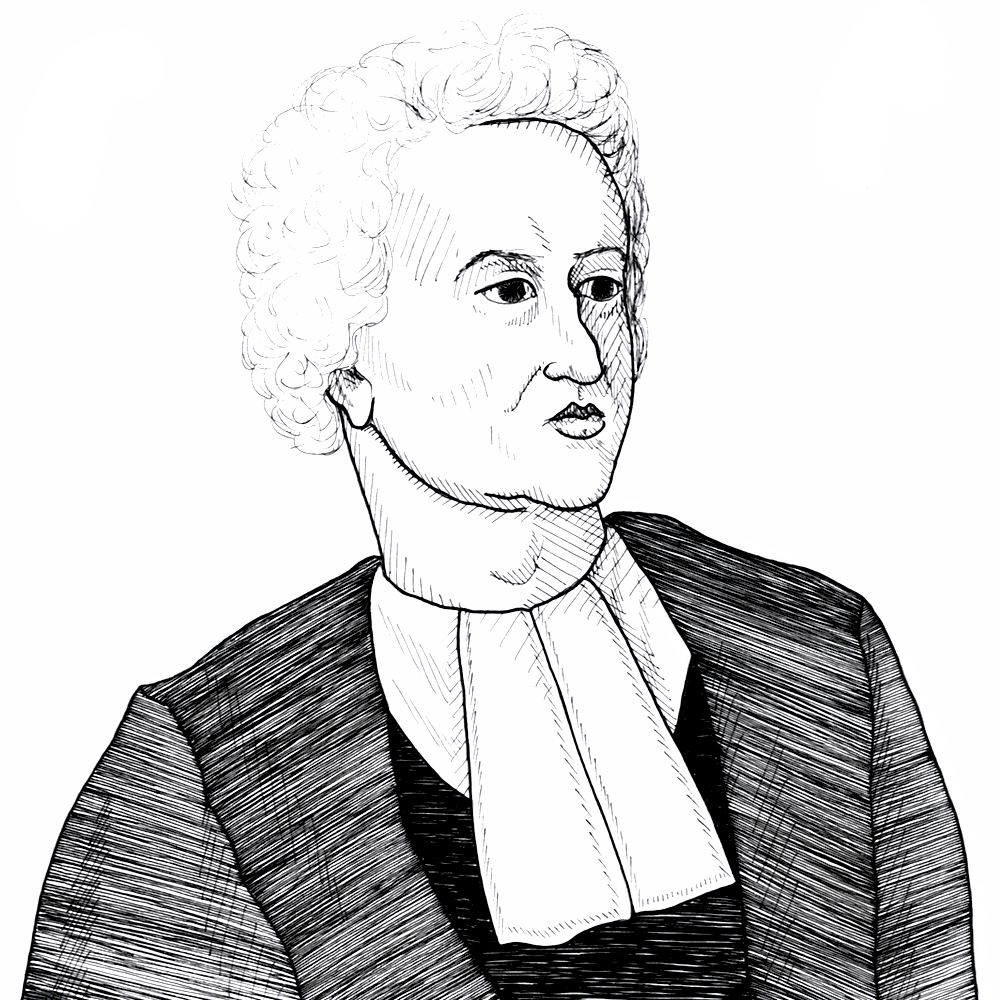
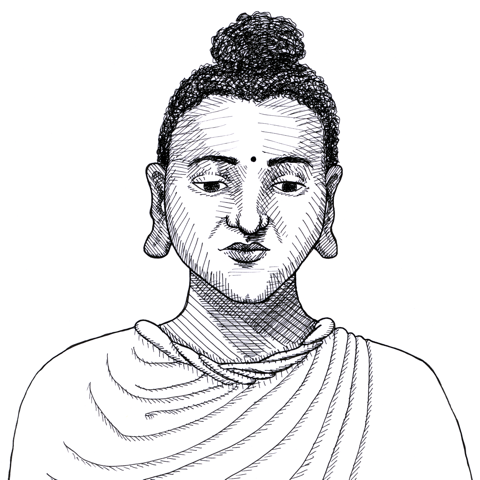


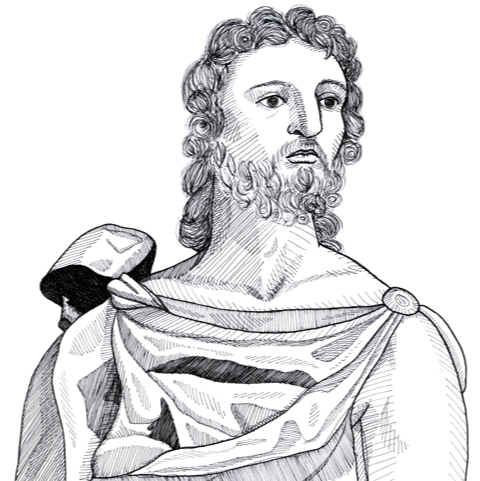
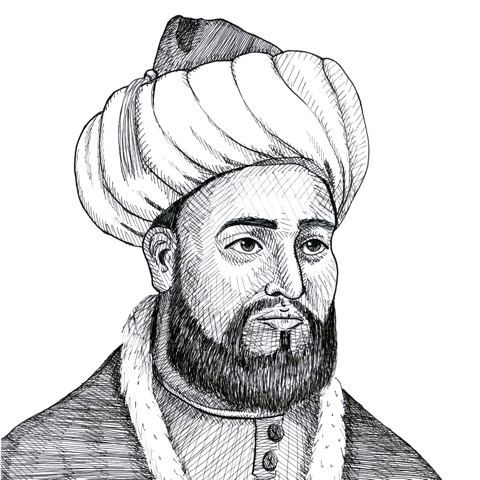

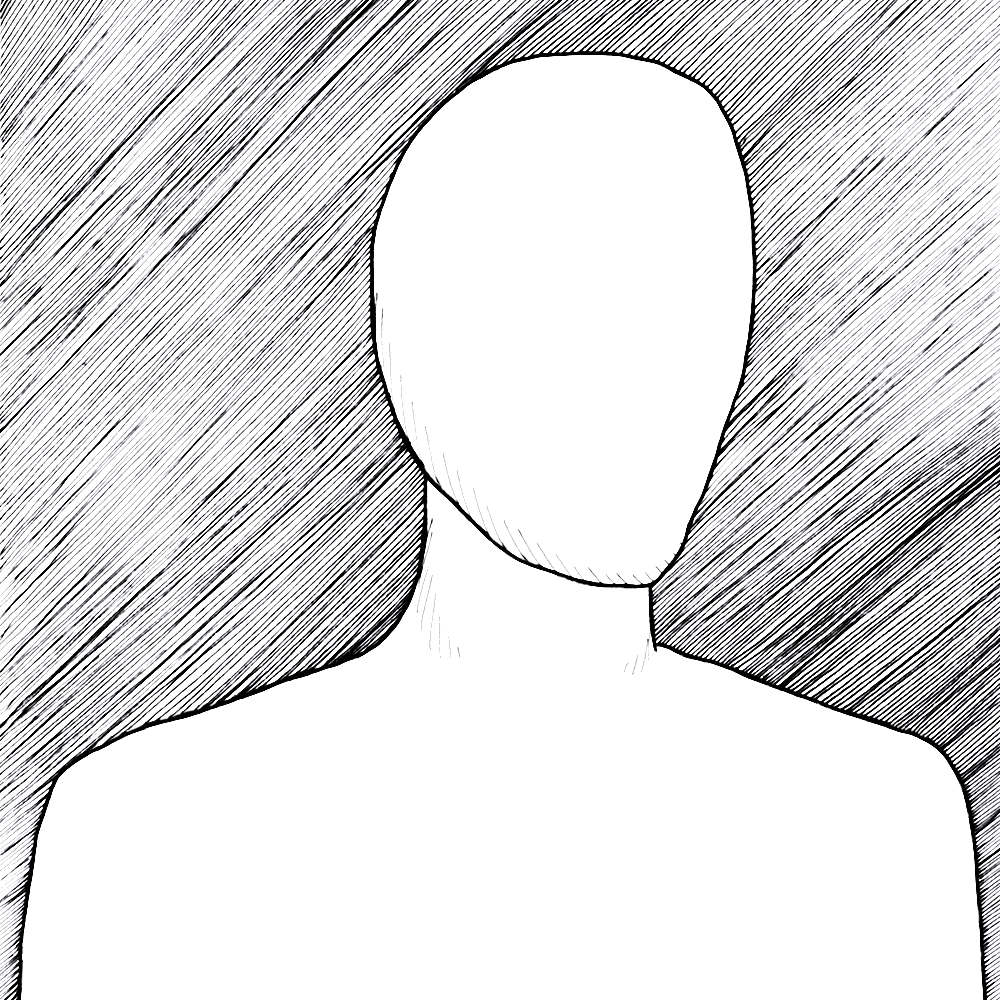
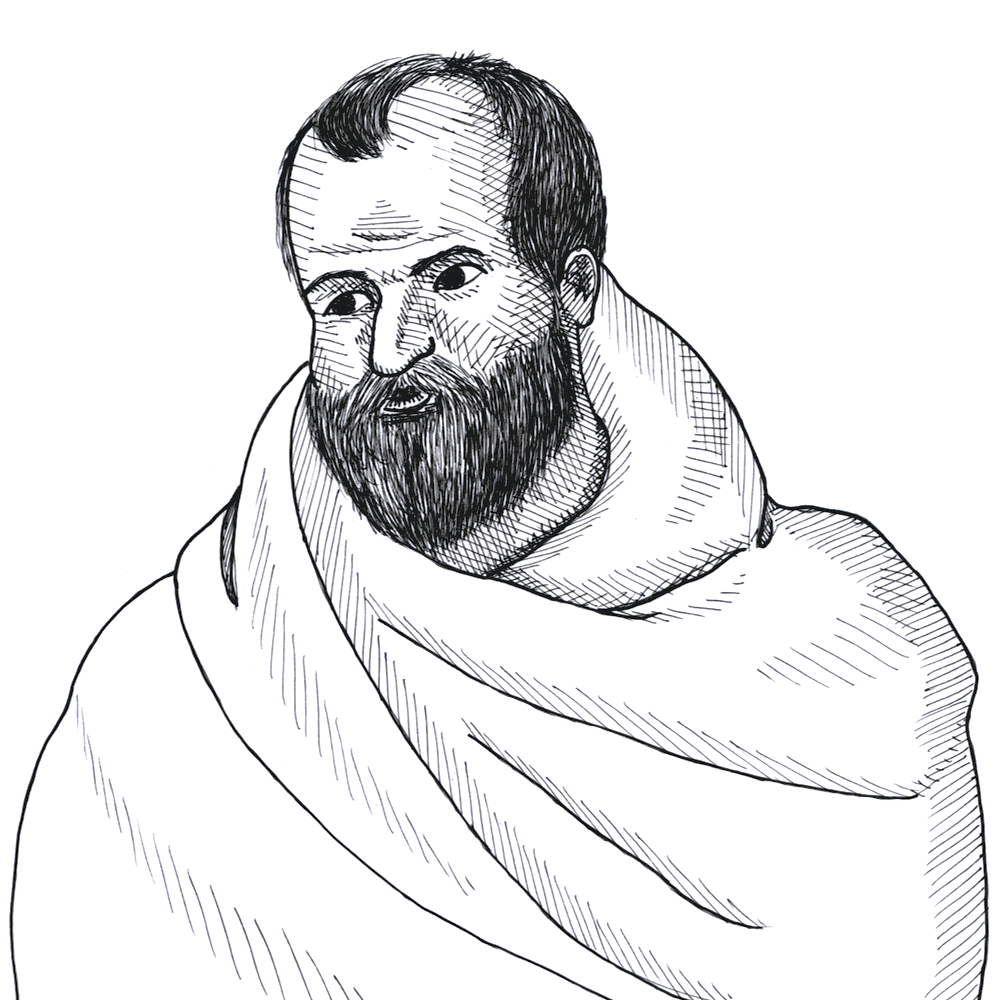
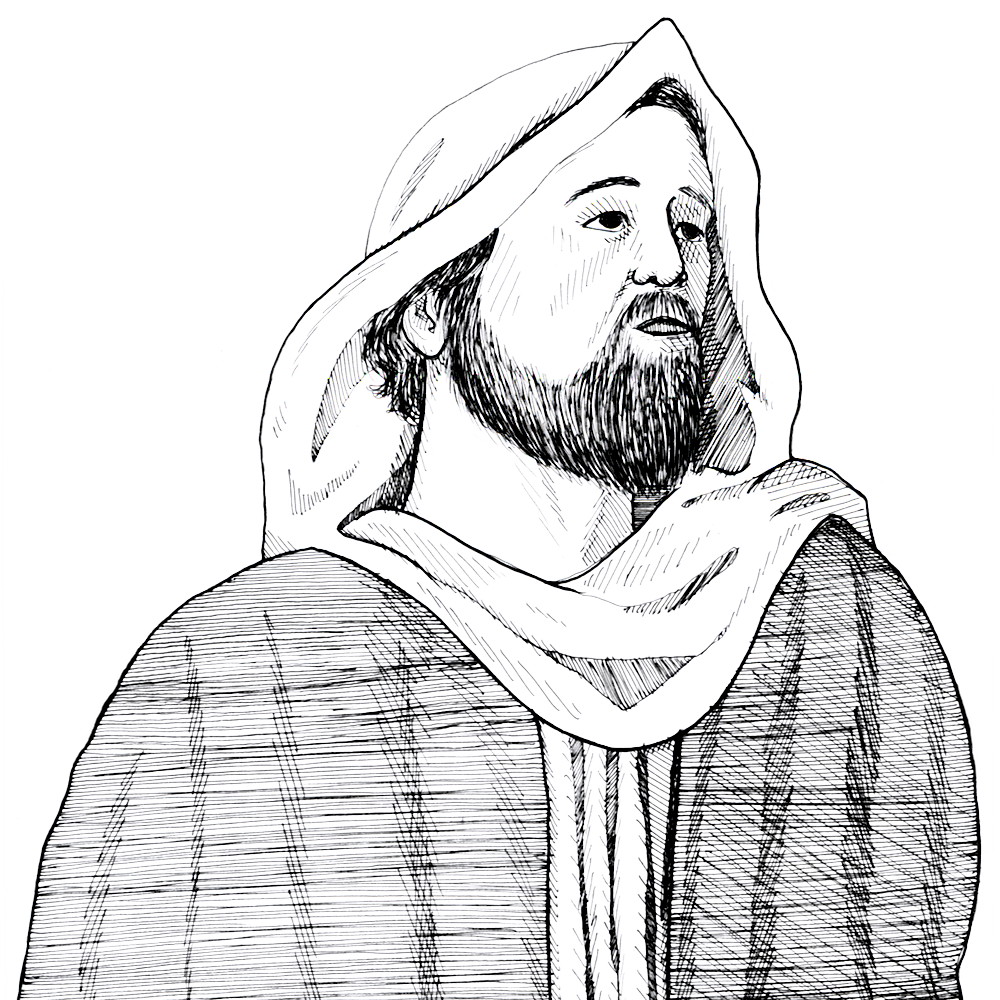
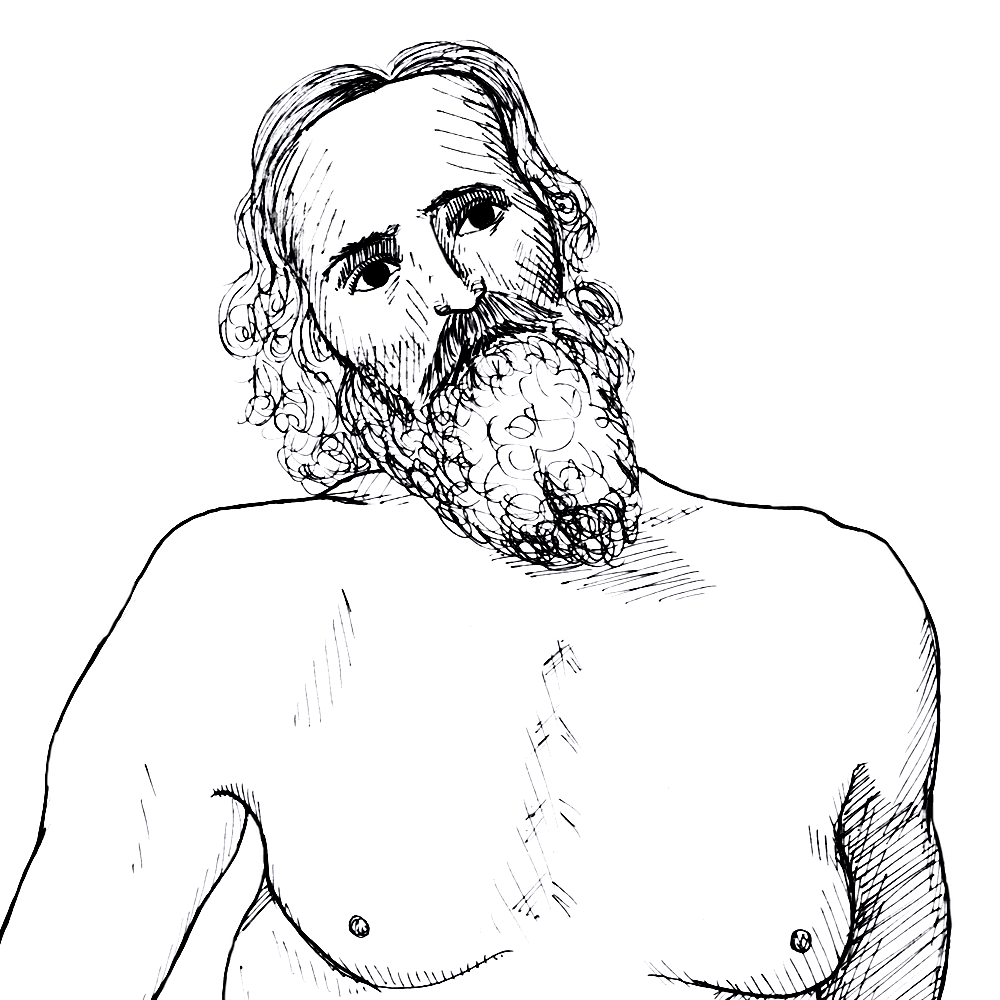
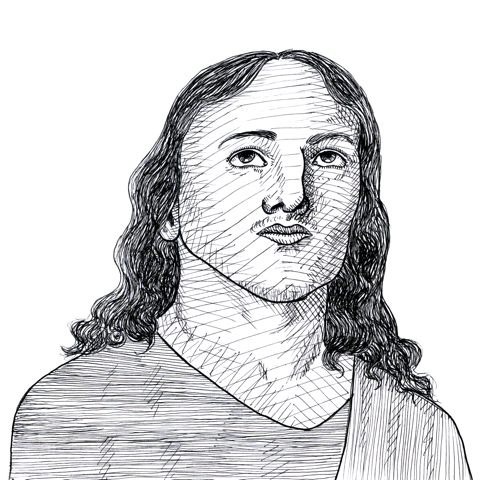
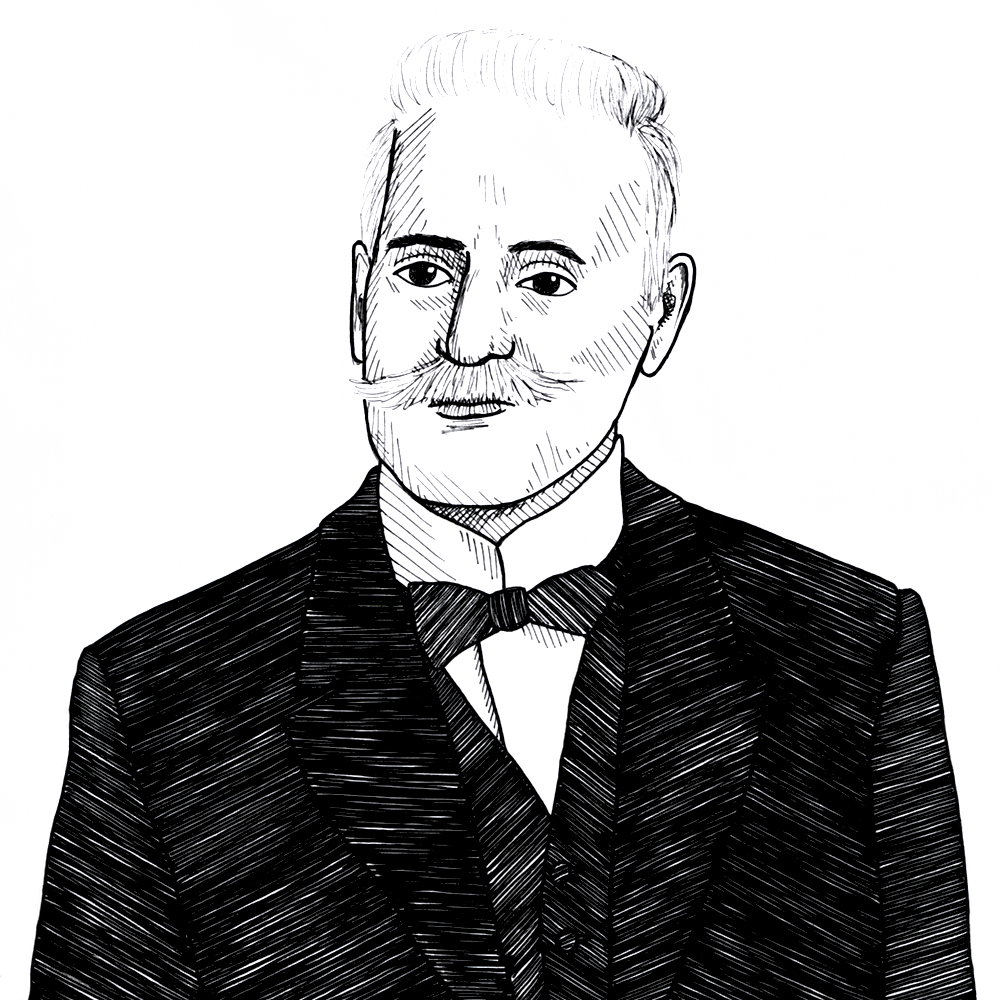
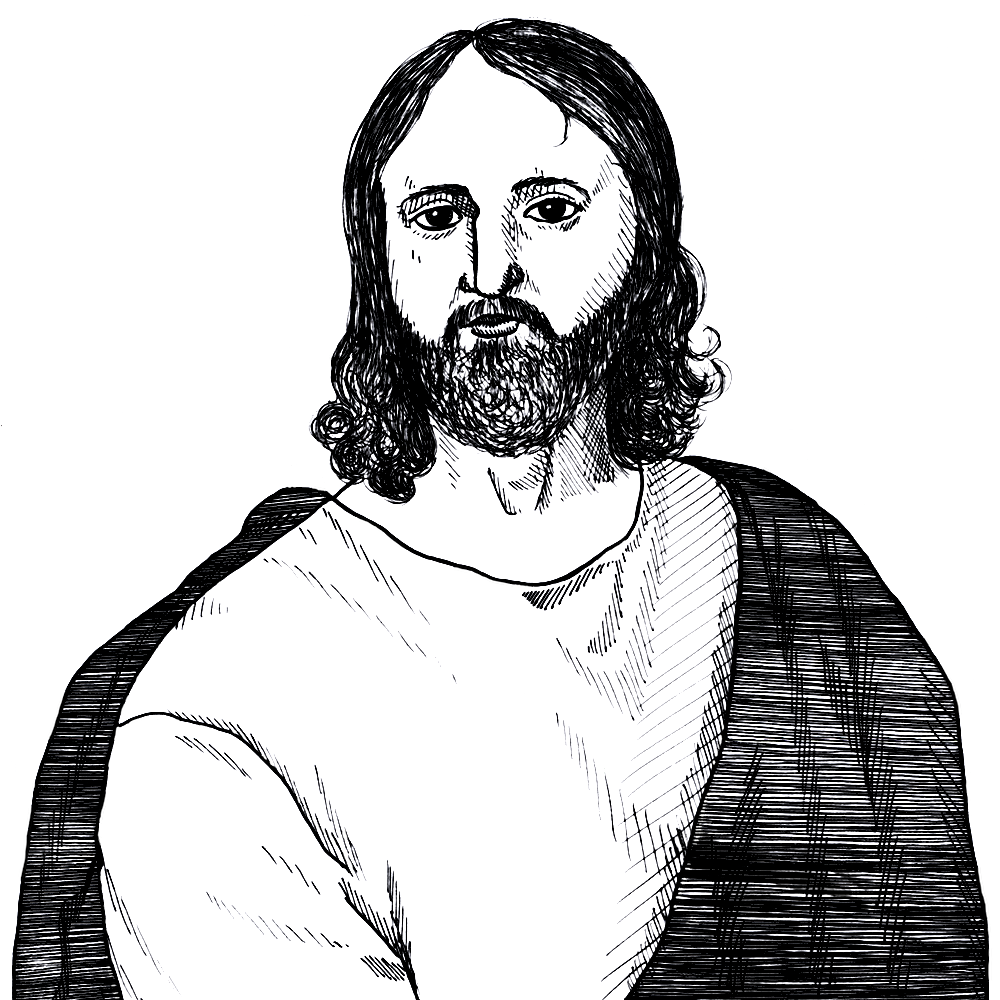
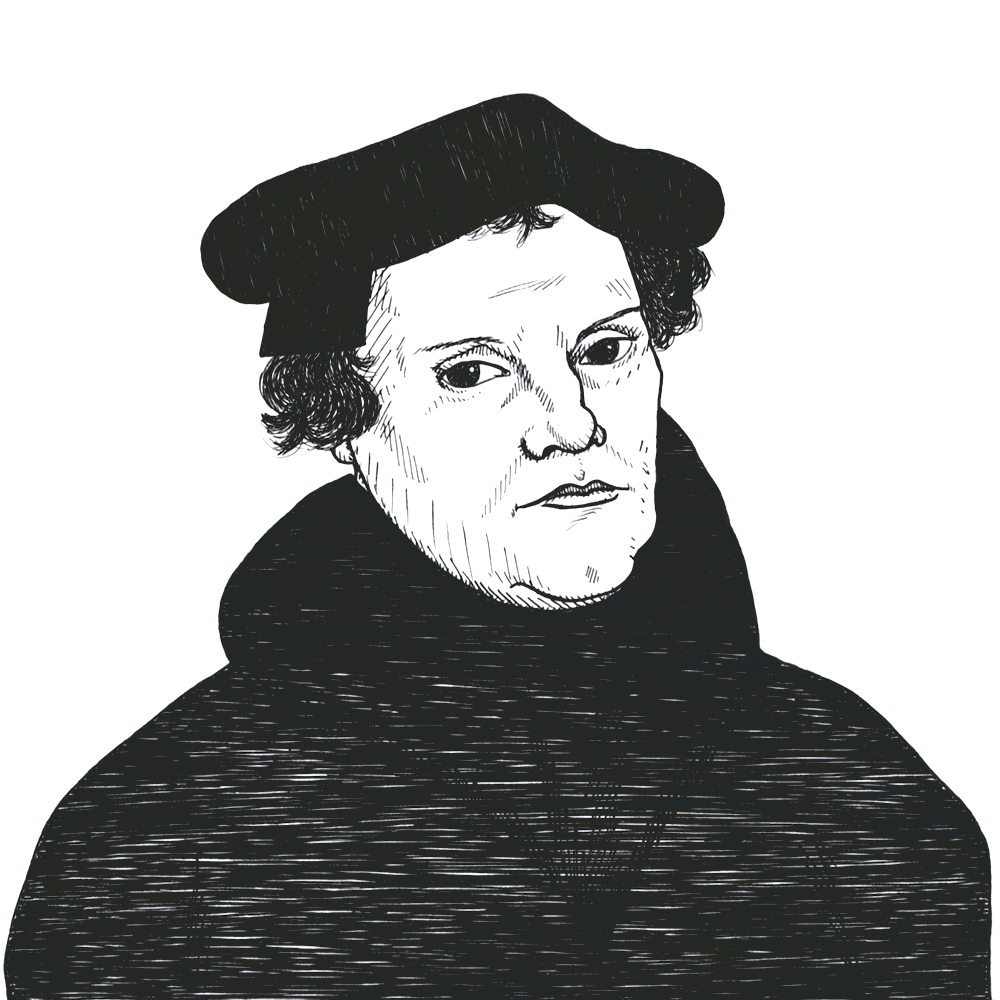
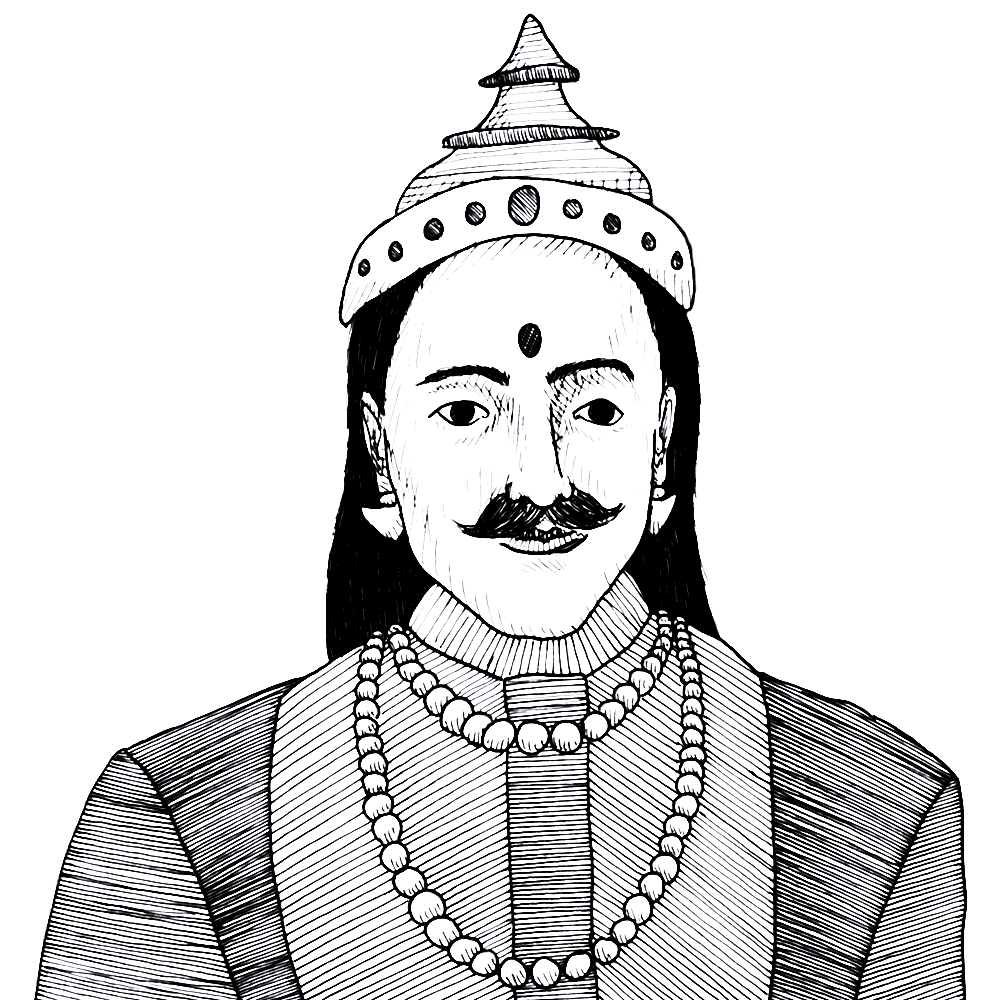

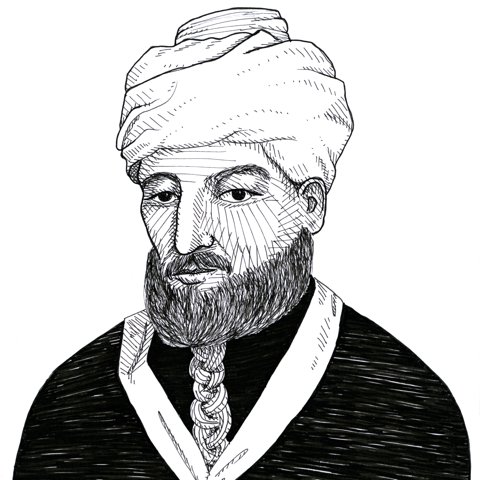
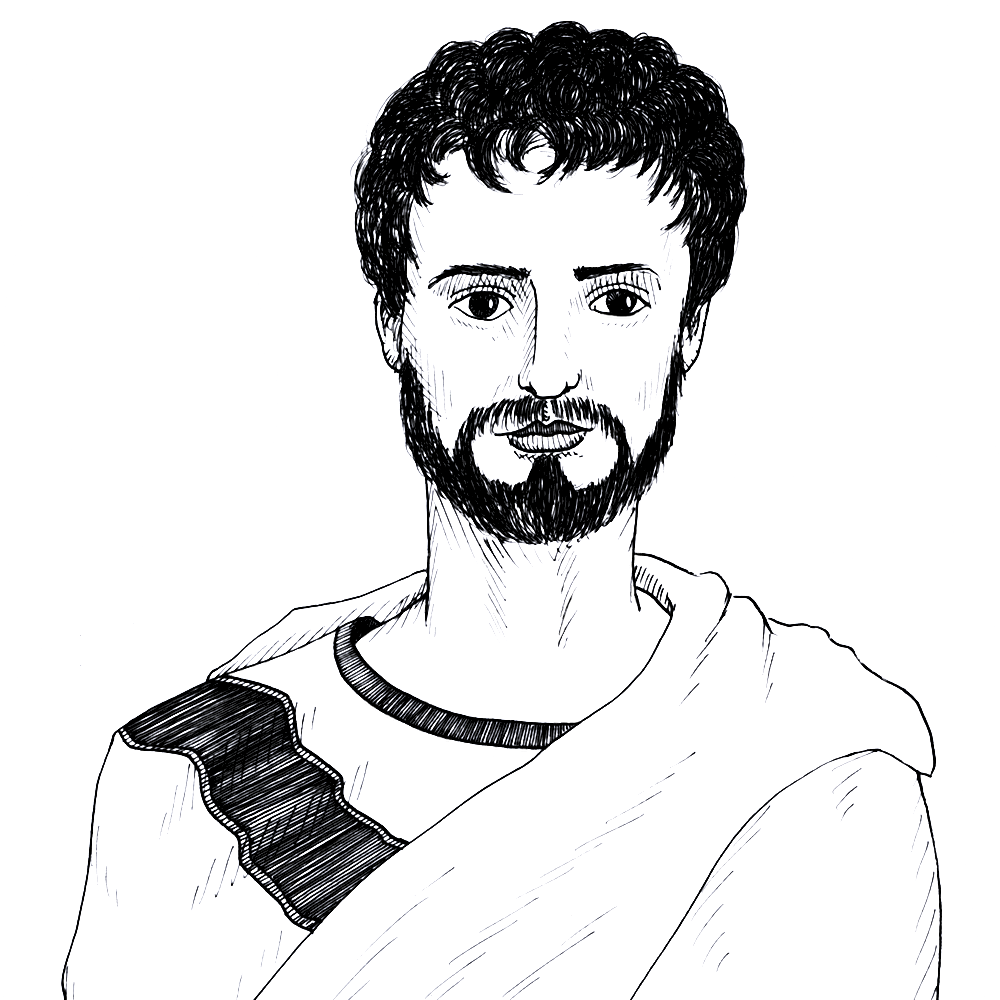

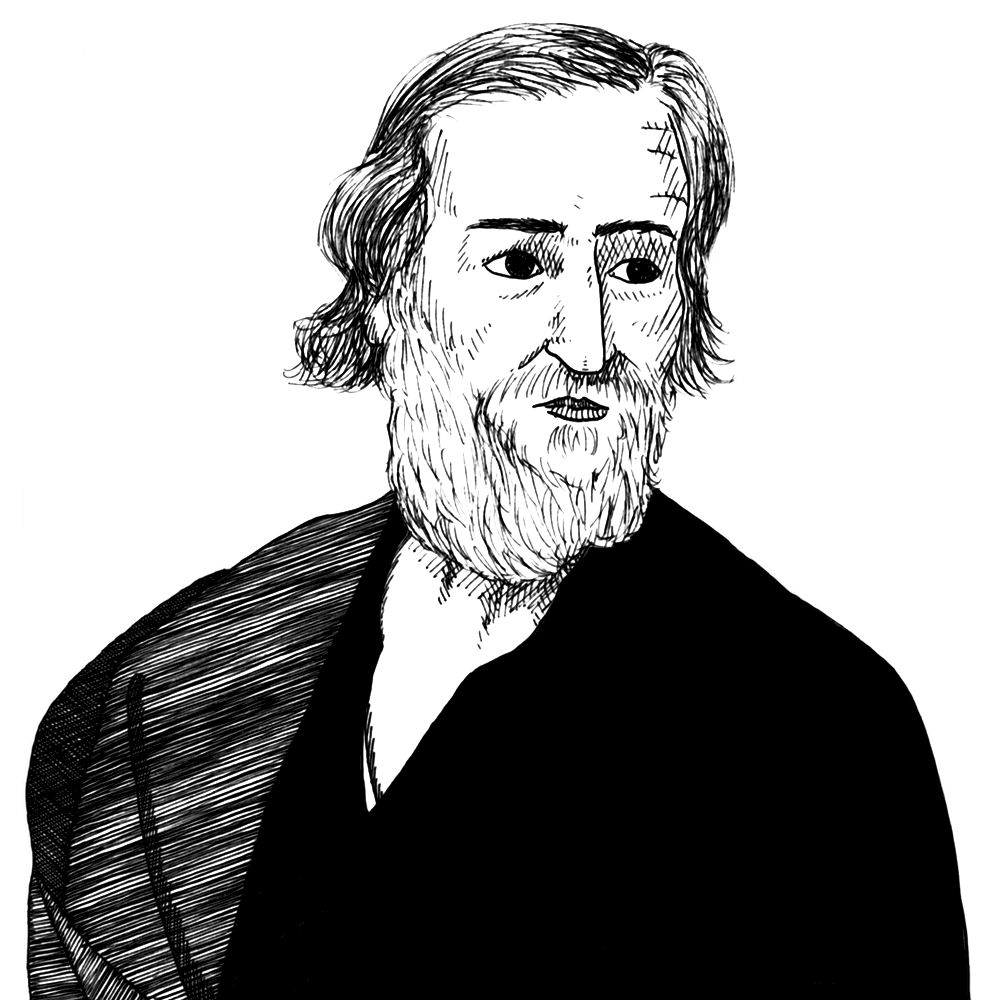
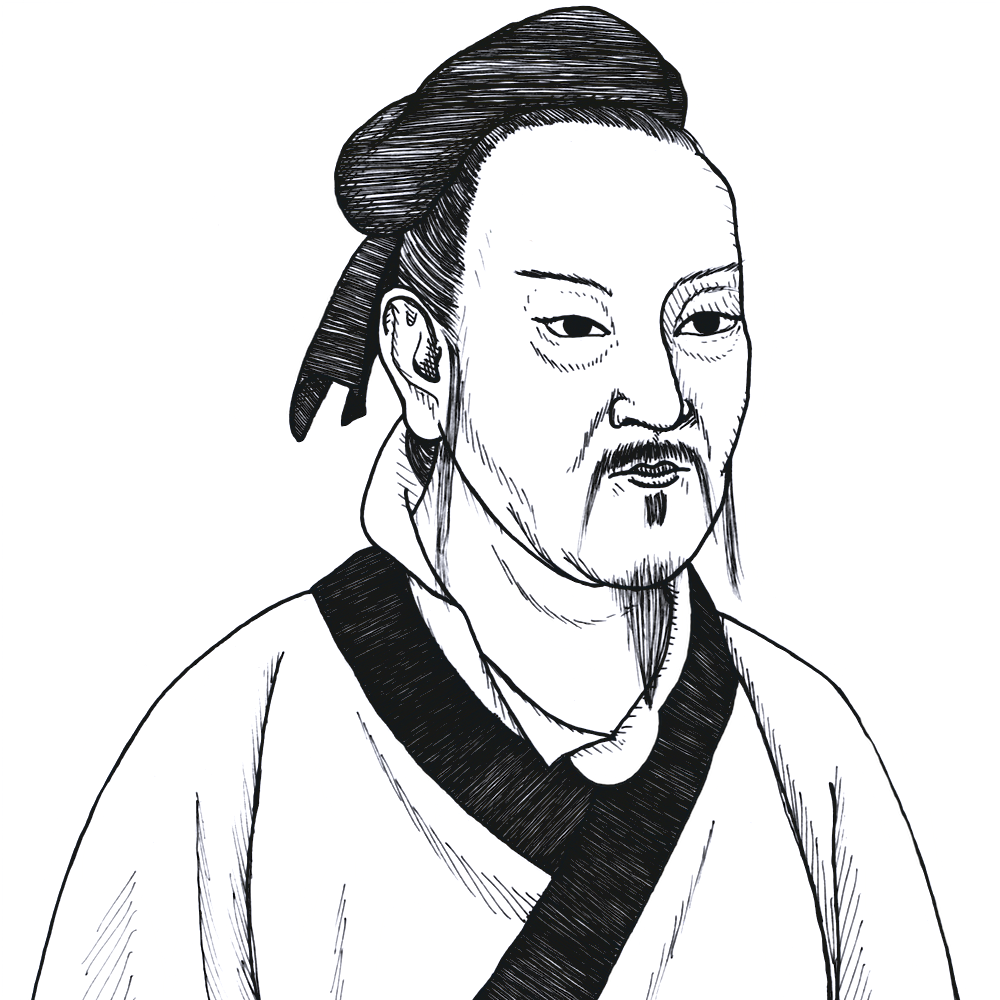
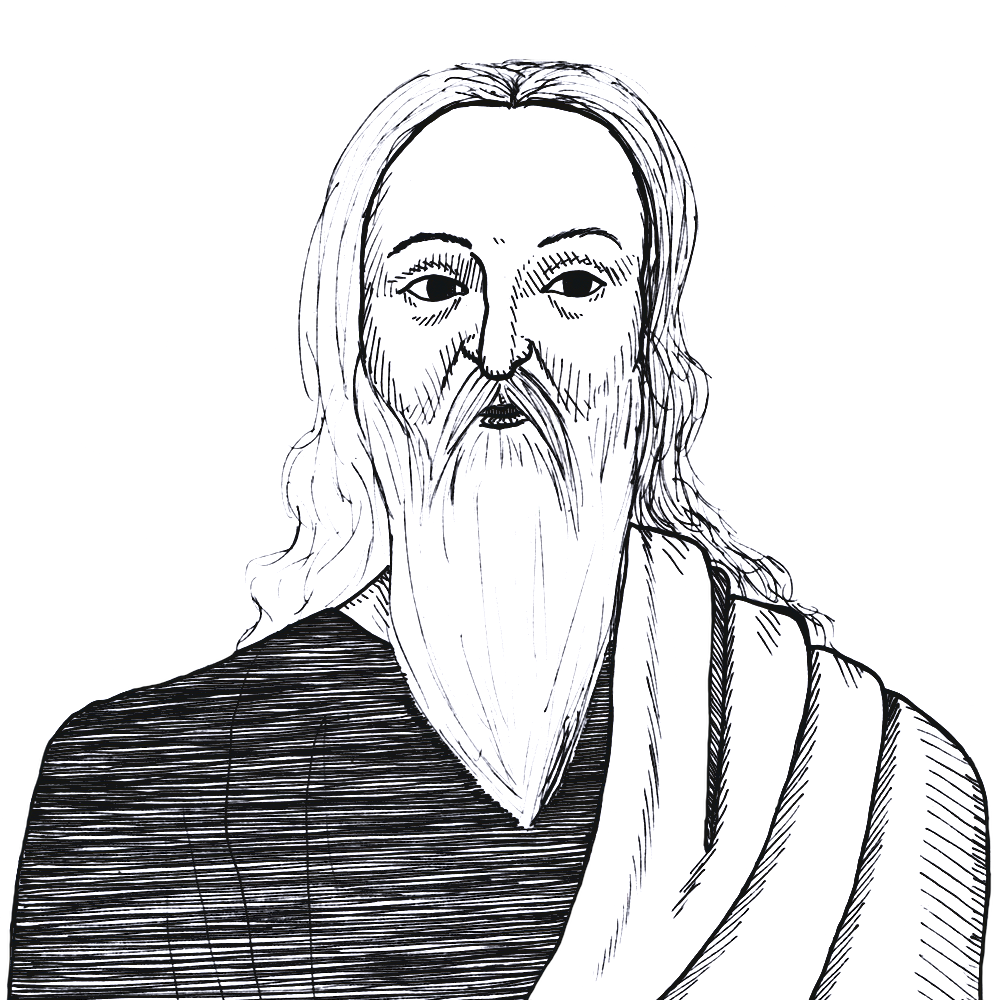
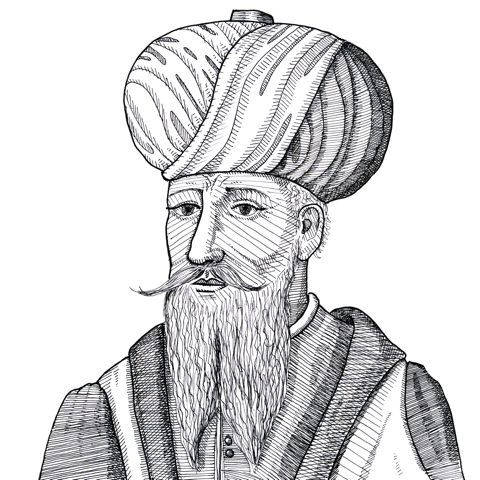
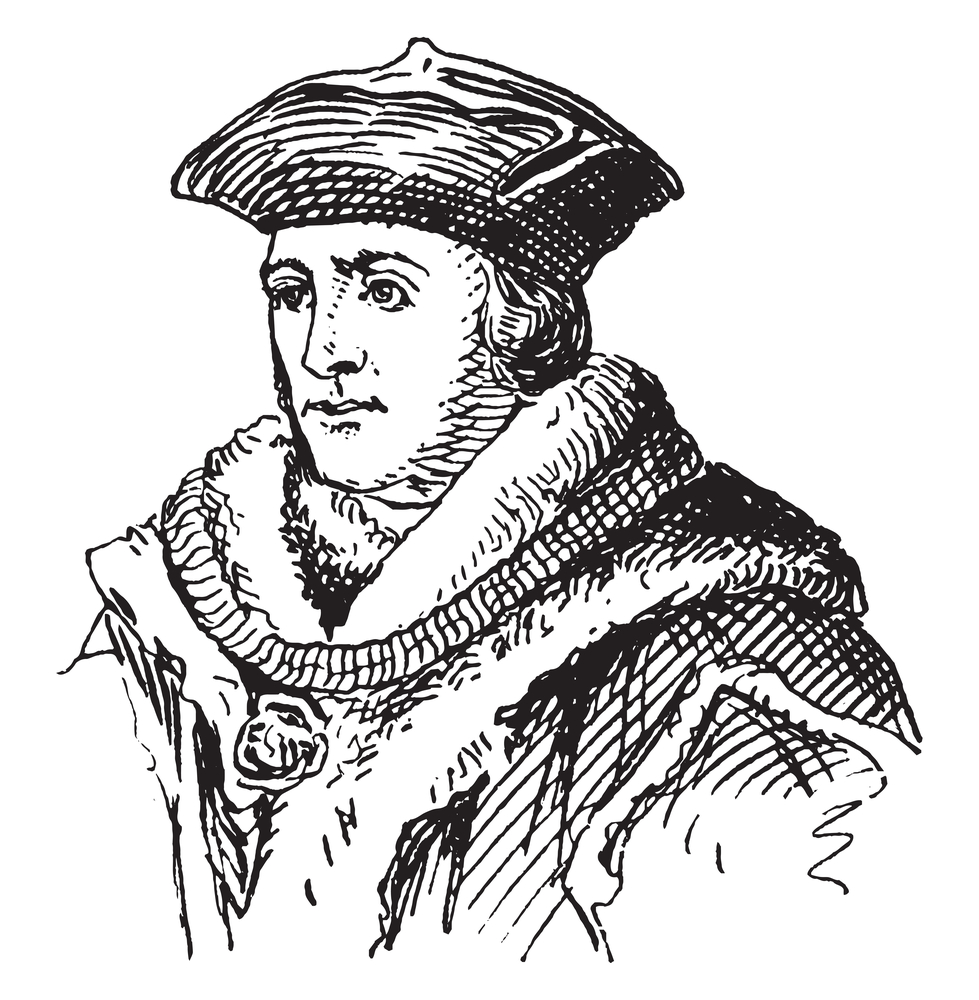
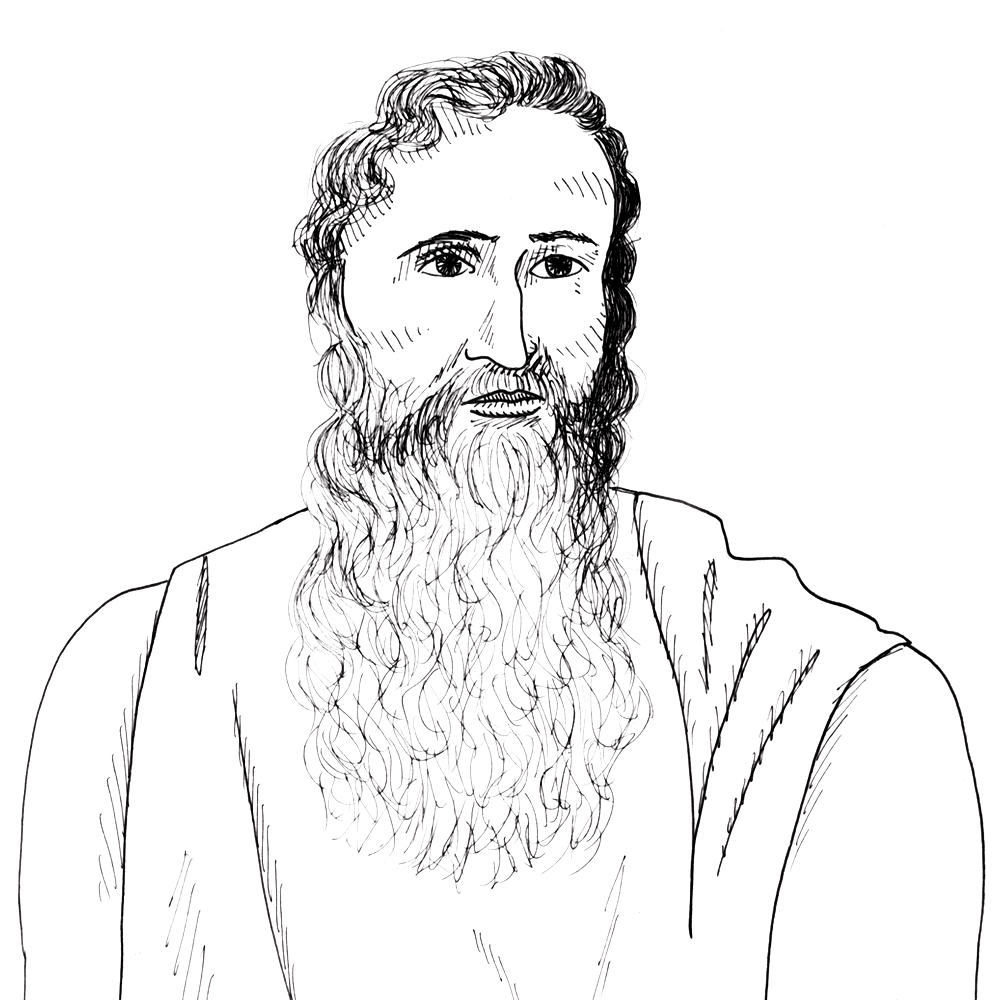
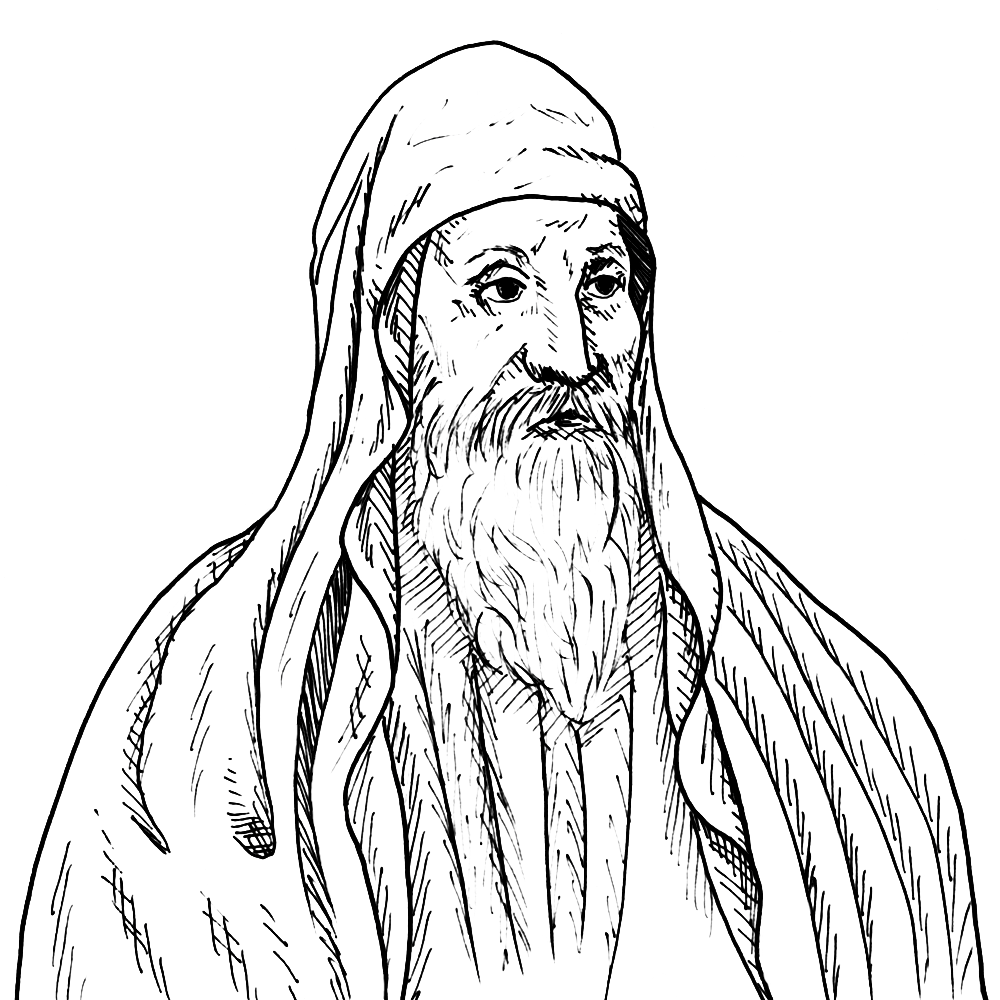
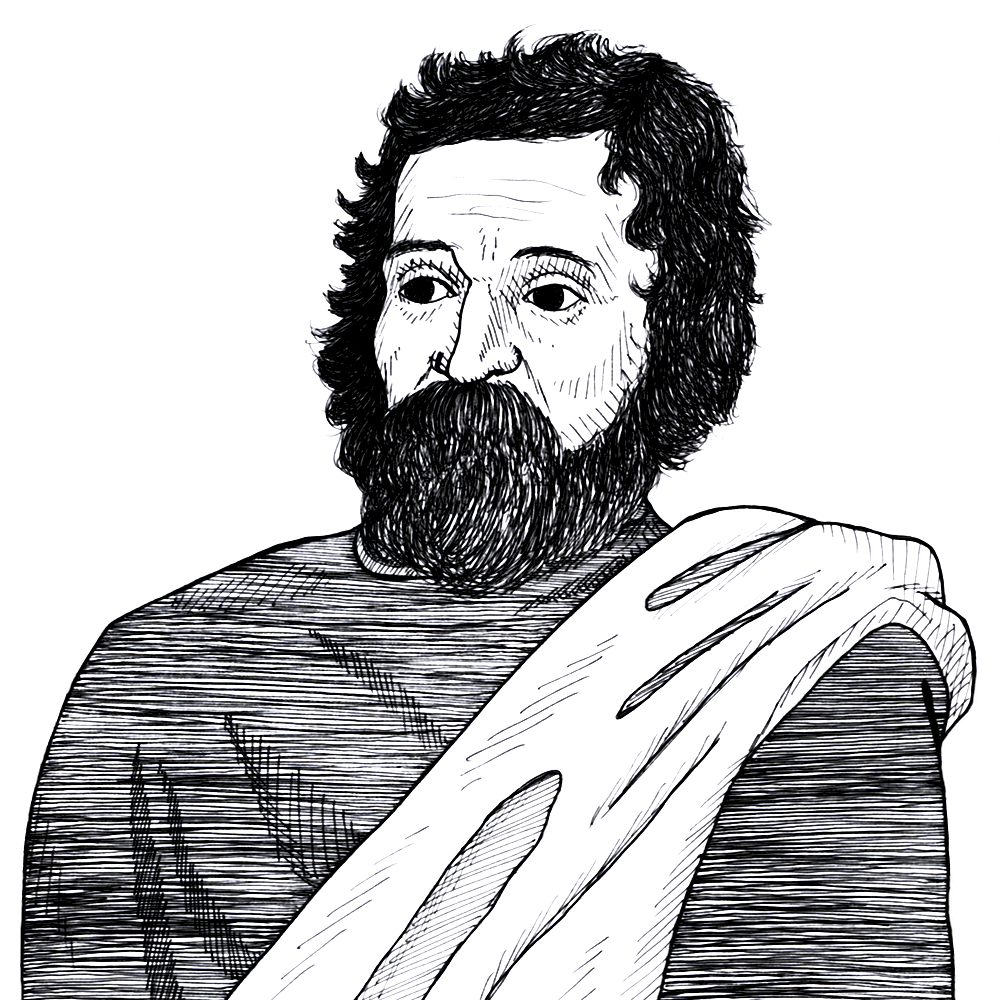
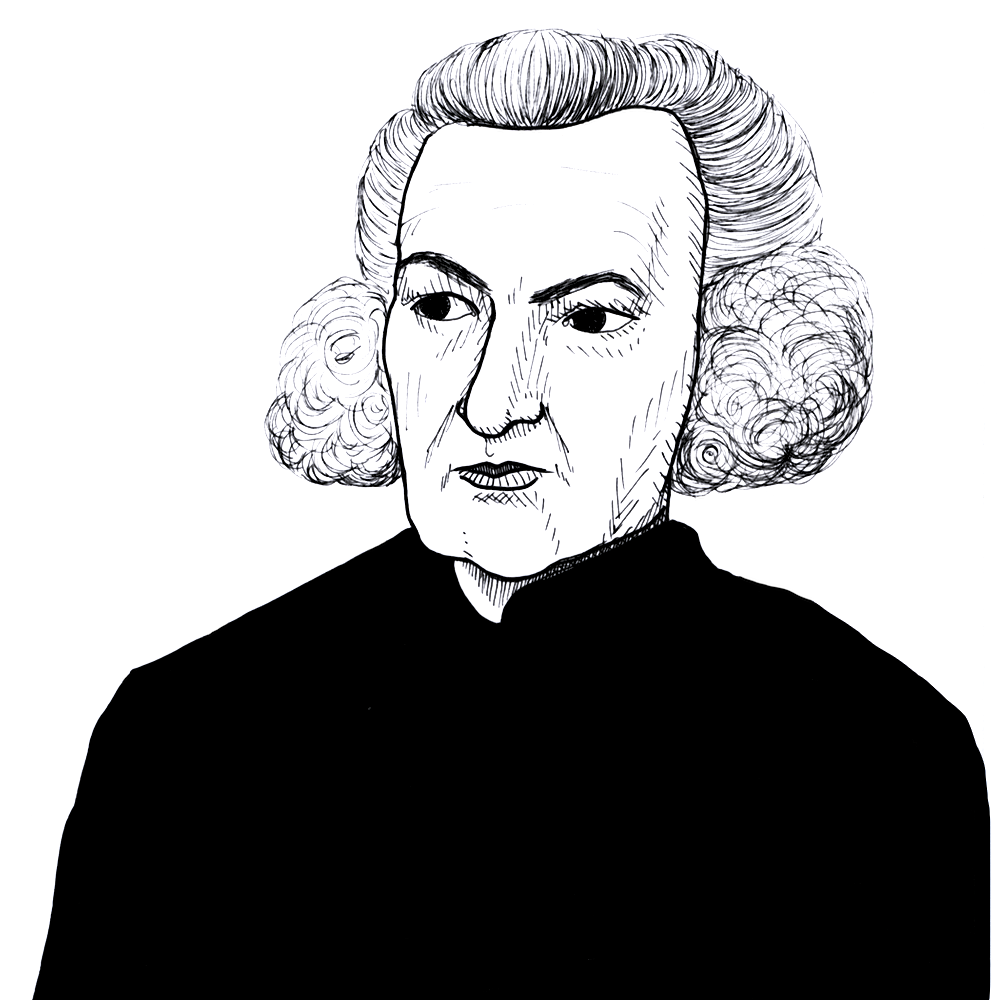
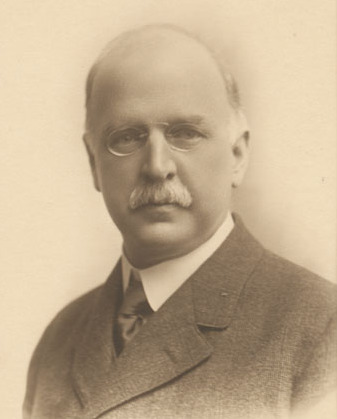
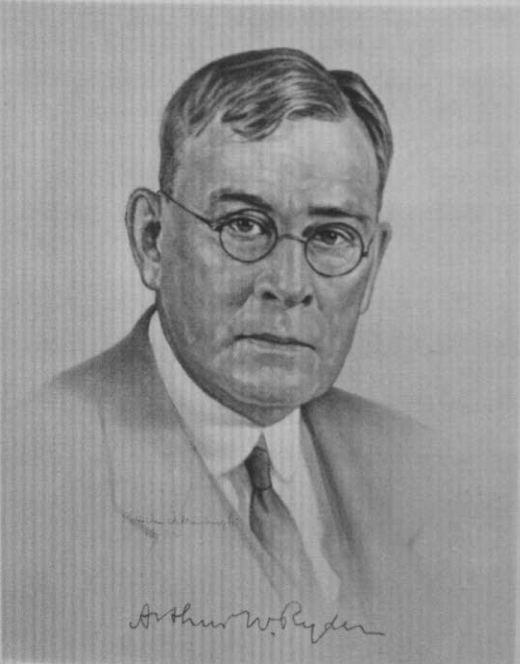
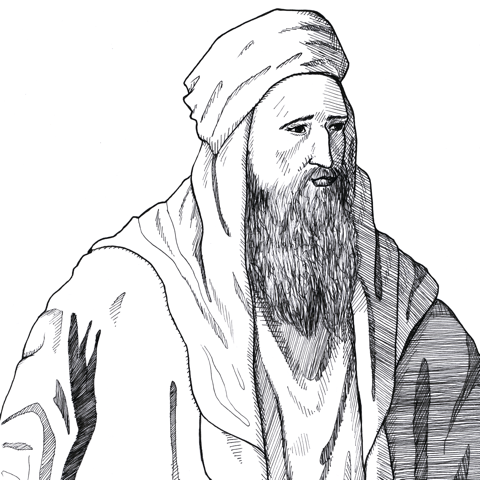

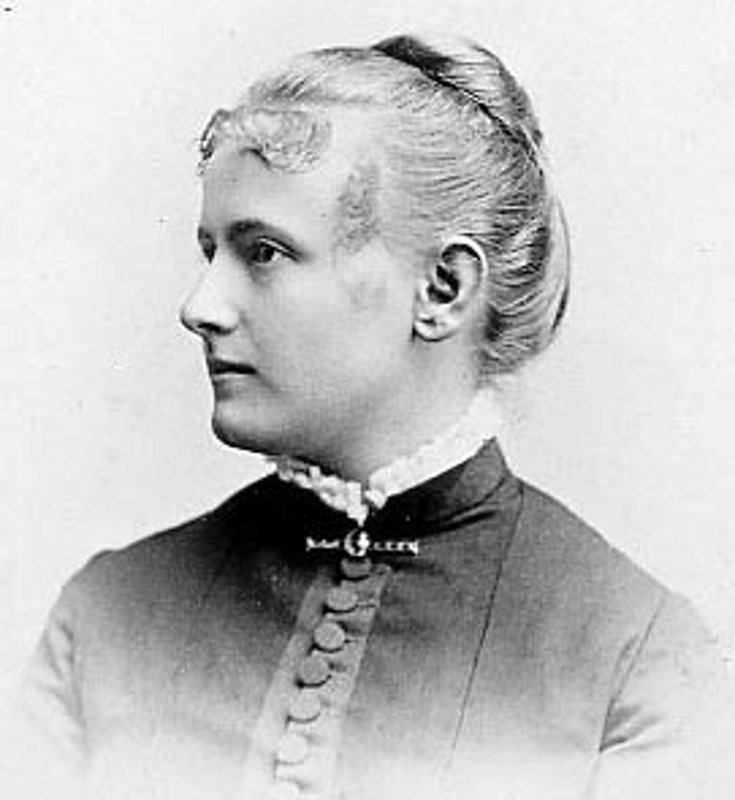
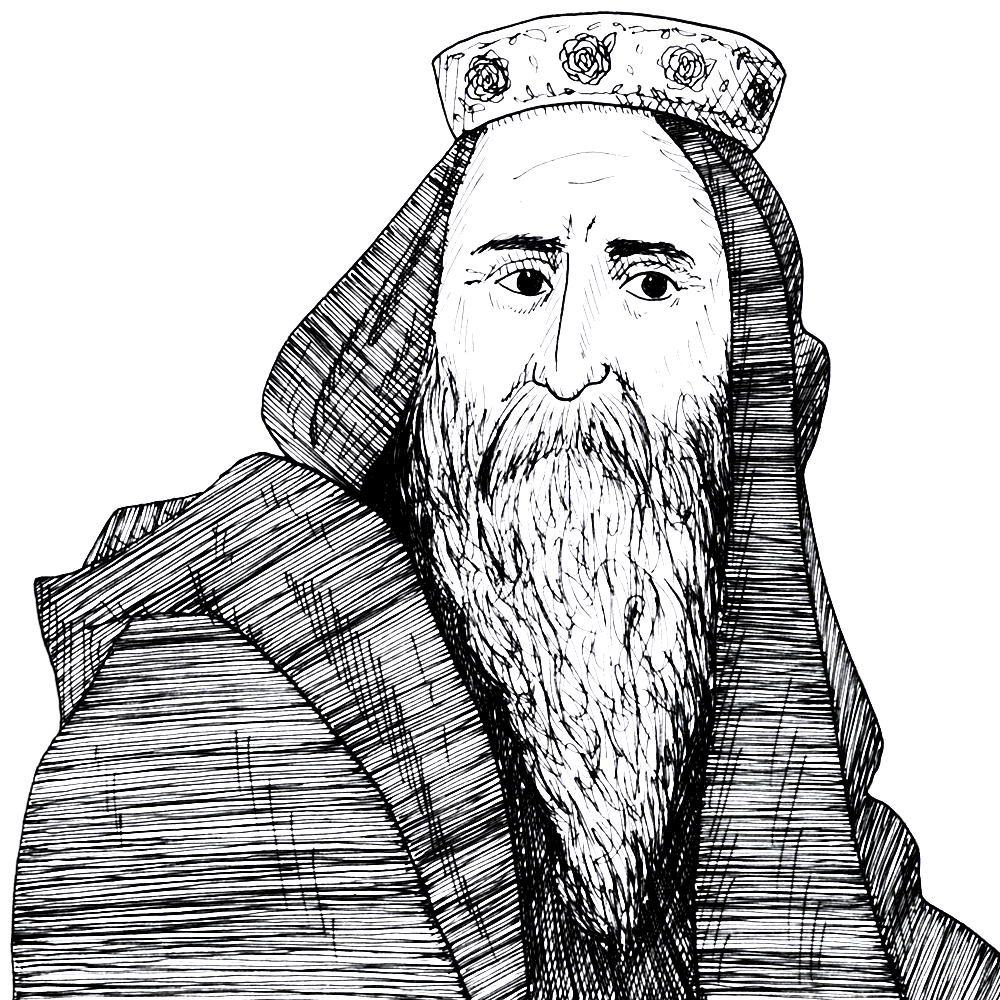
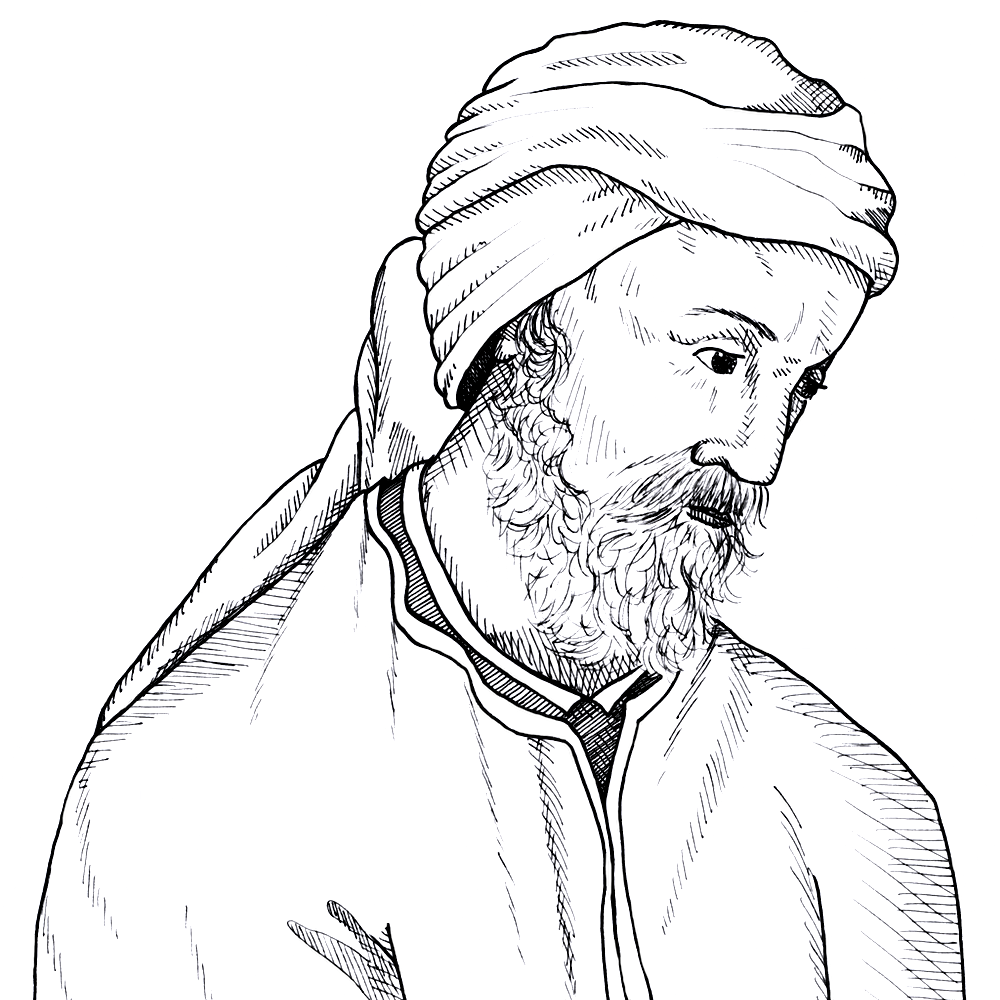

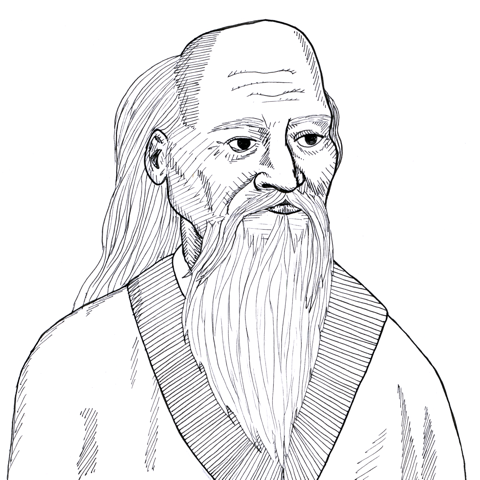

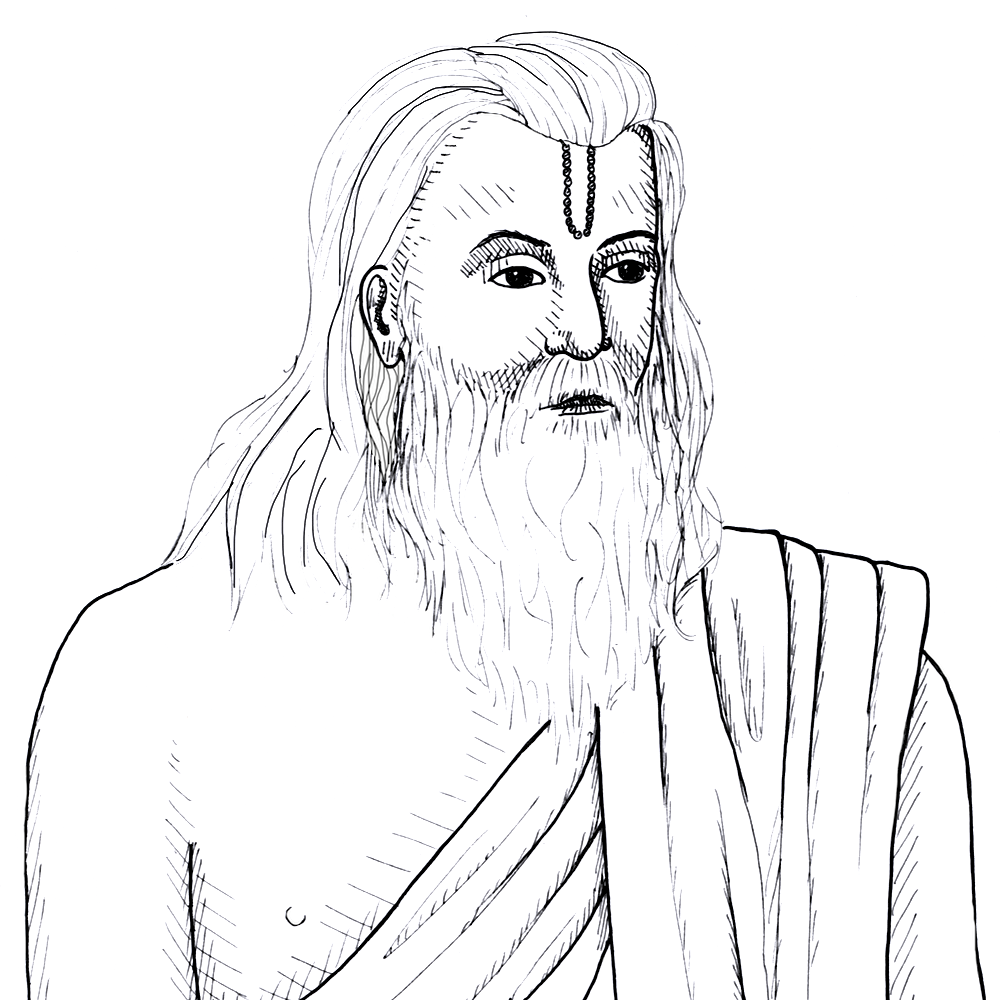
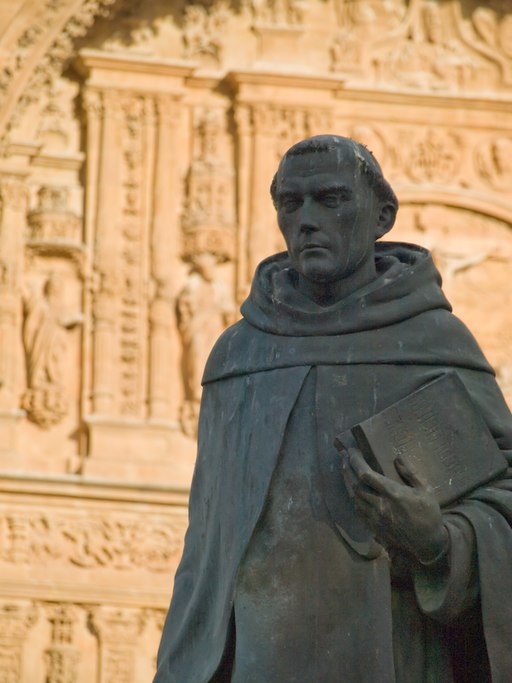
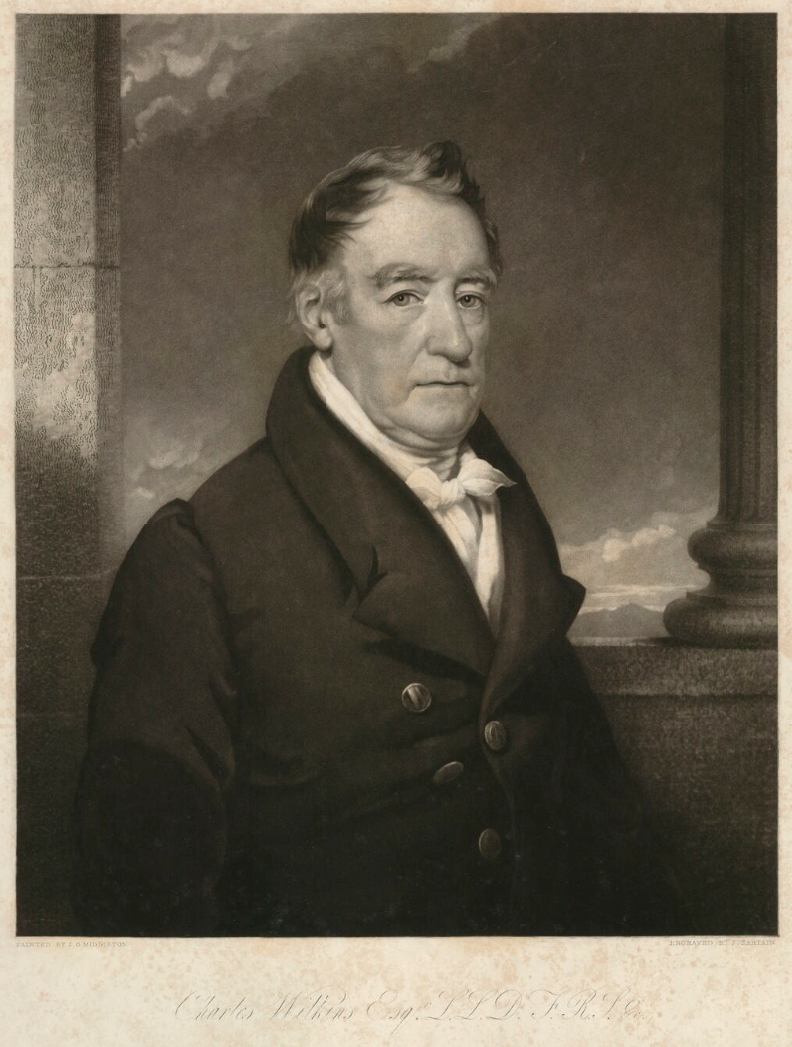
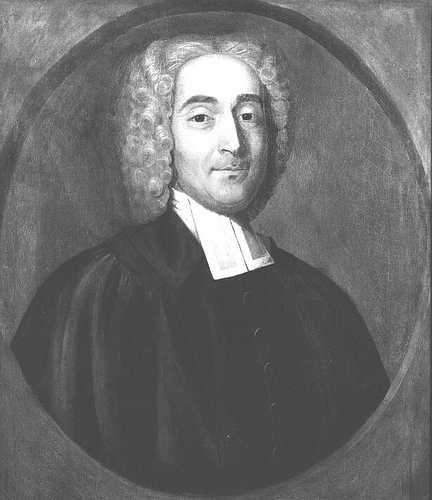

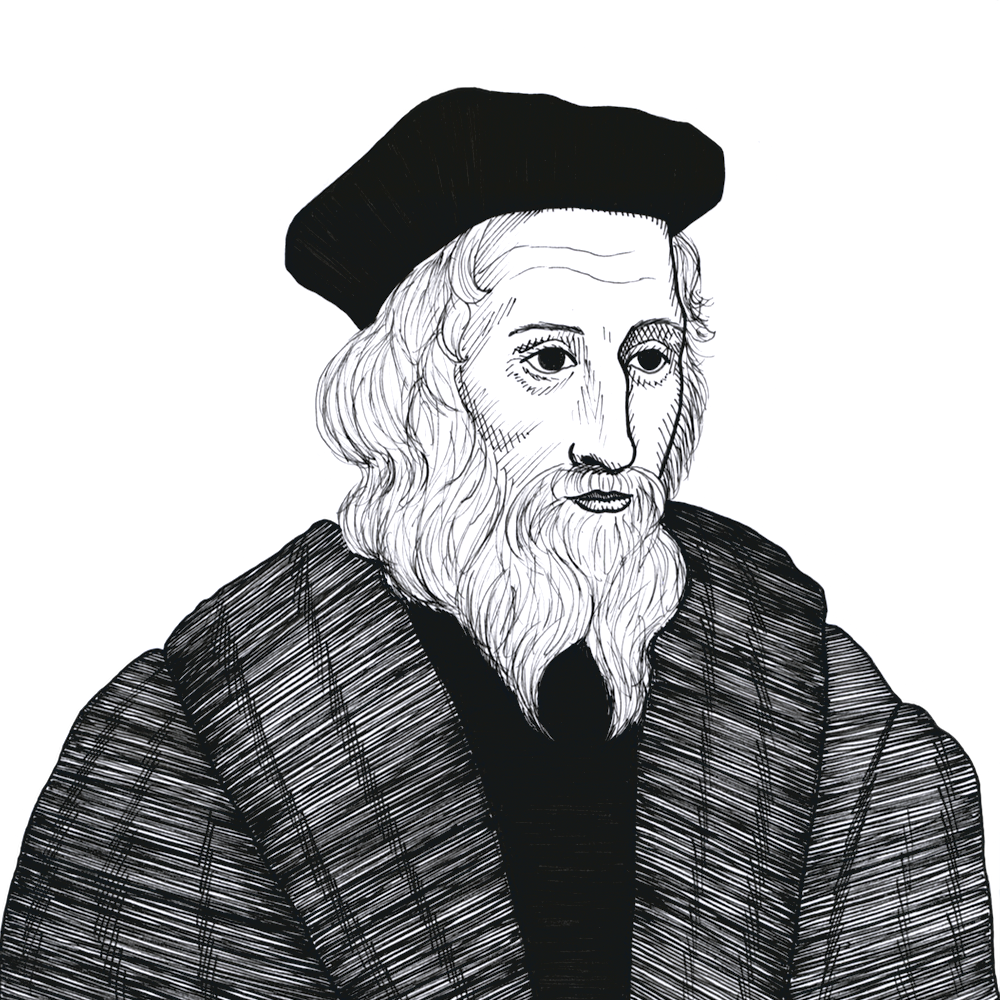
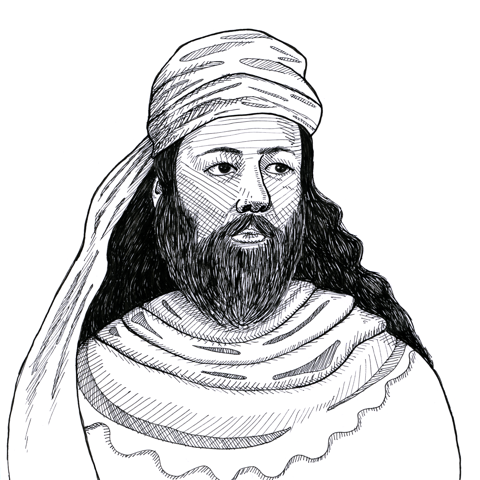
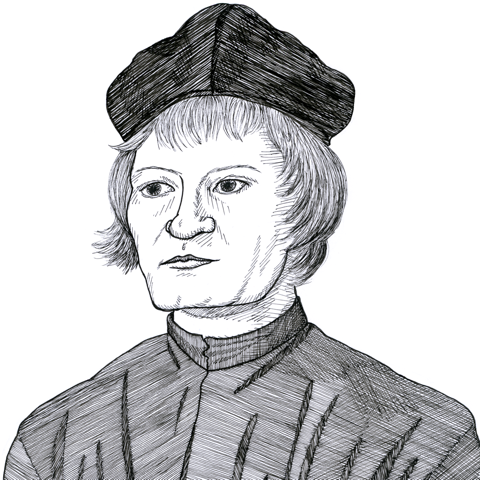
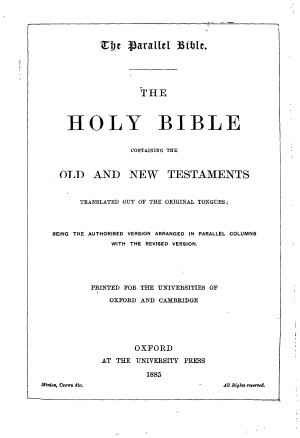
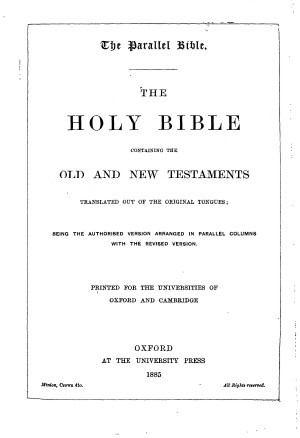
Social Sciences